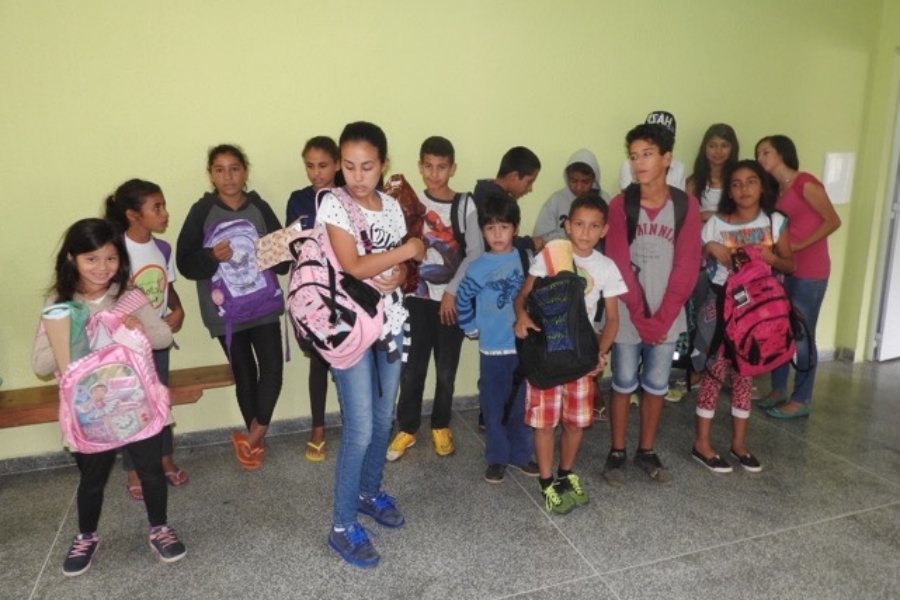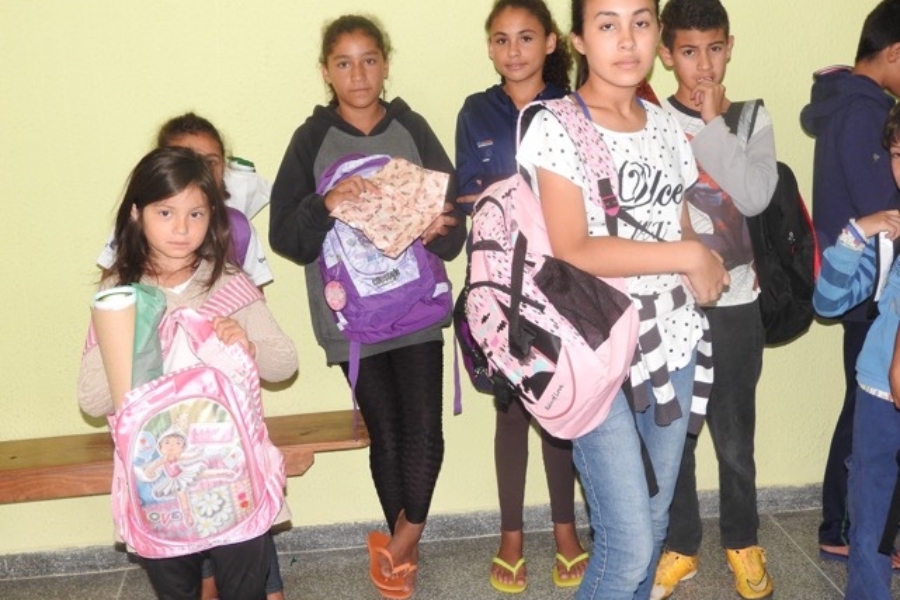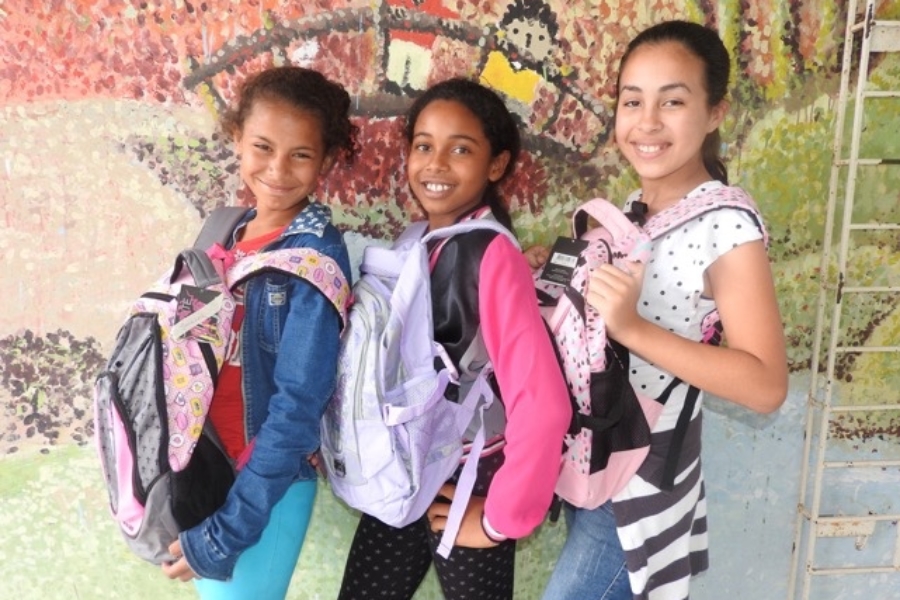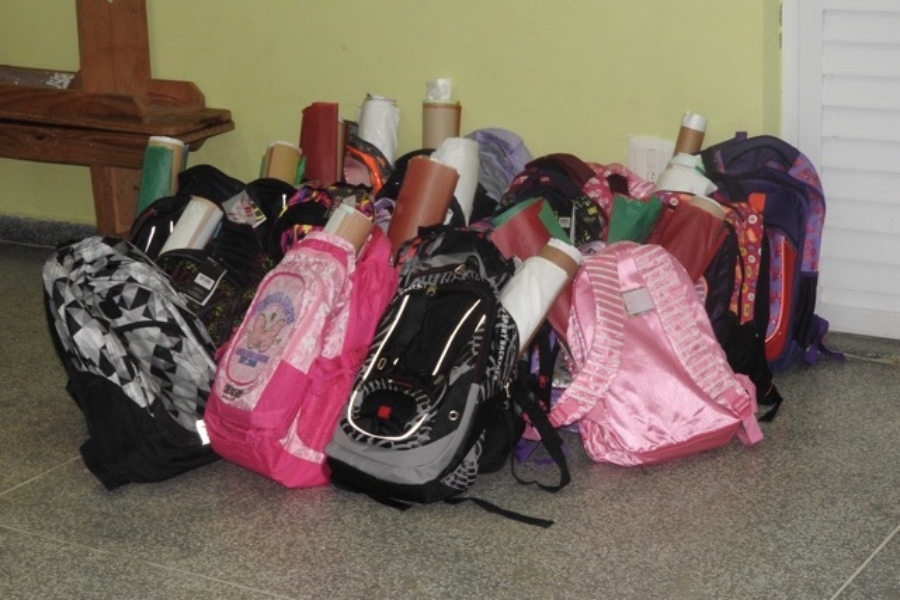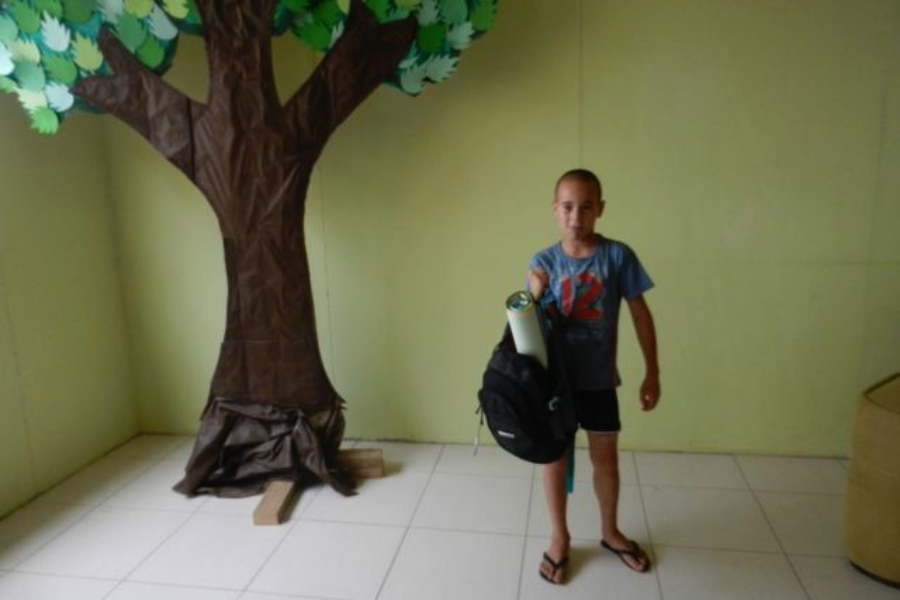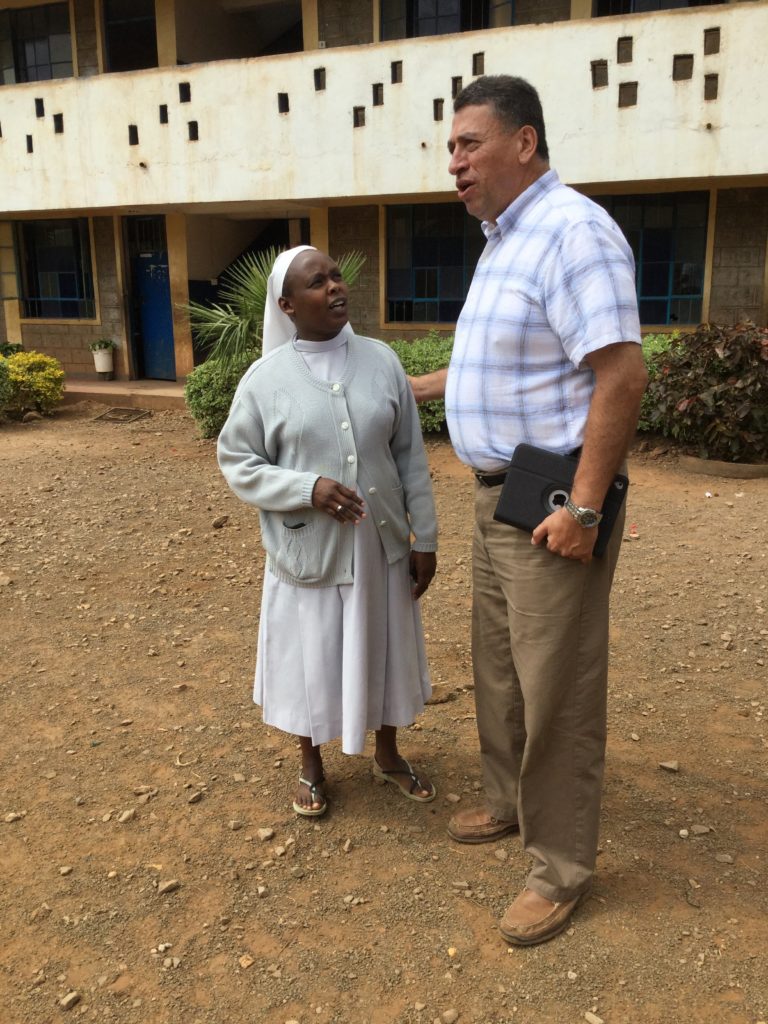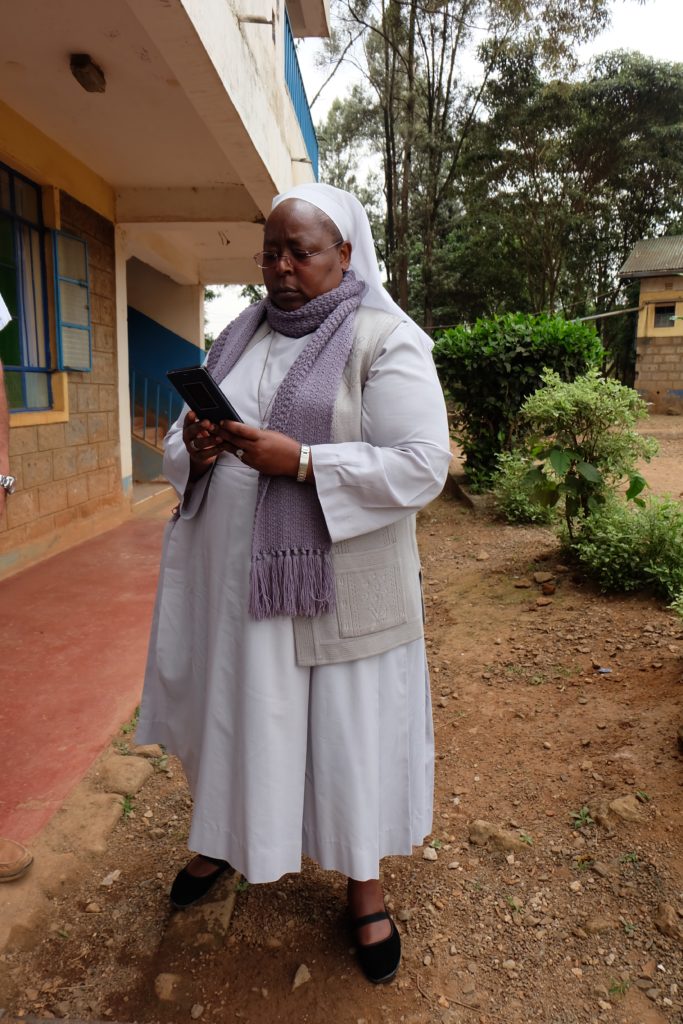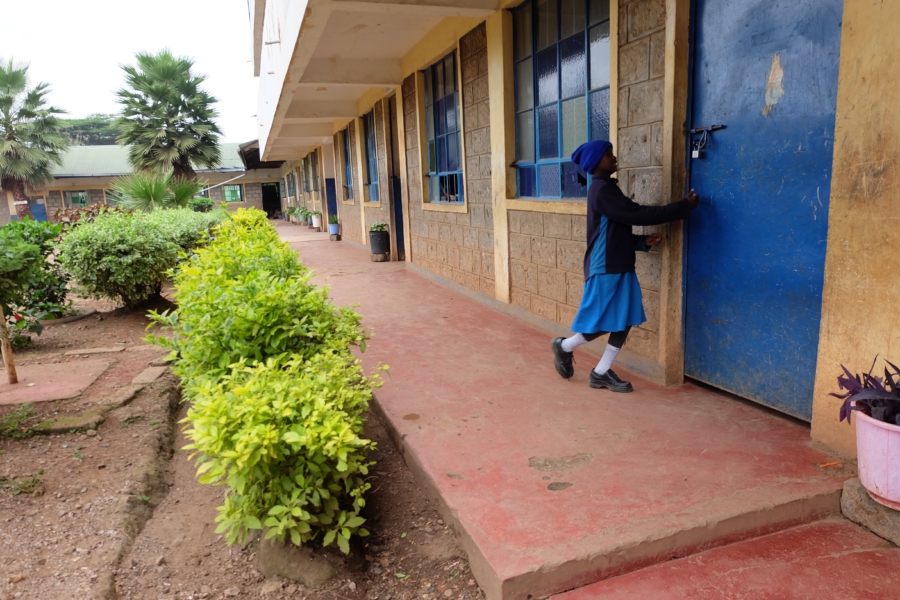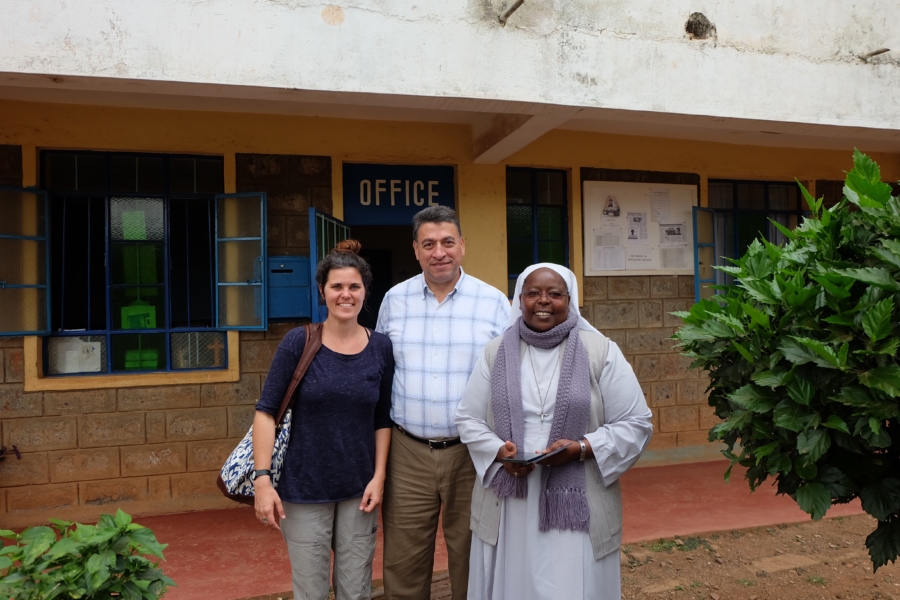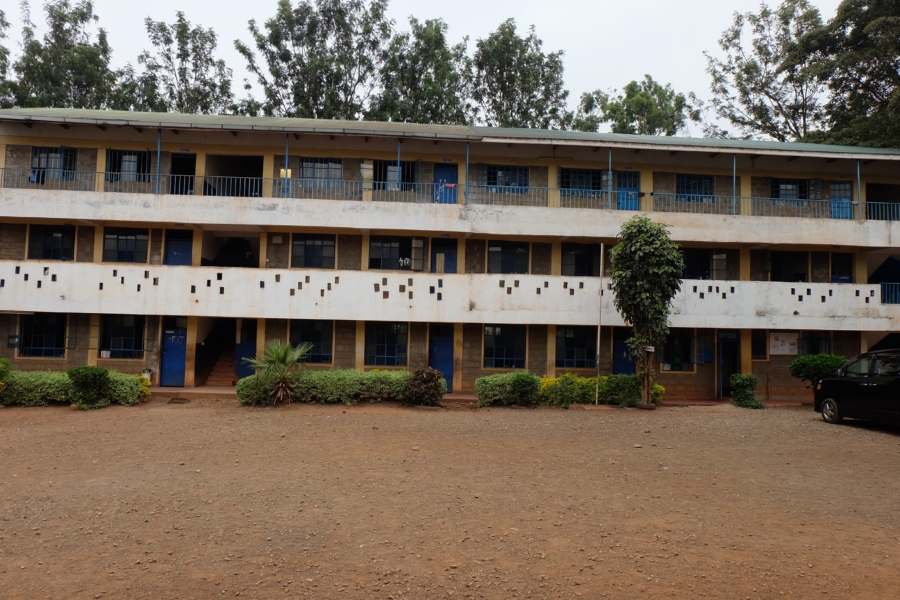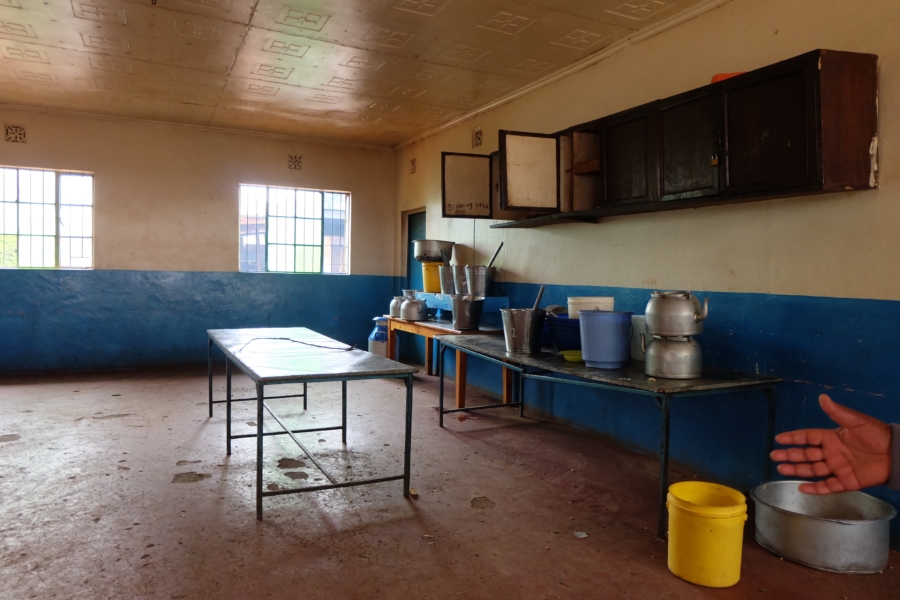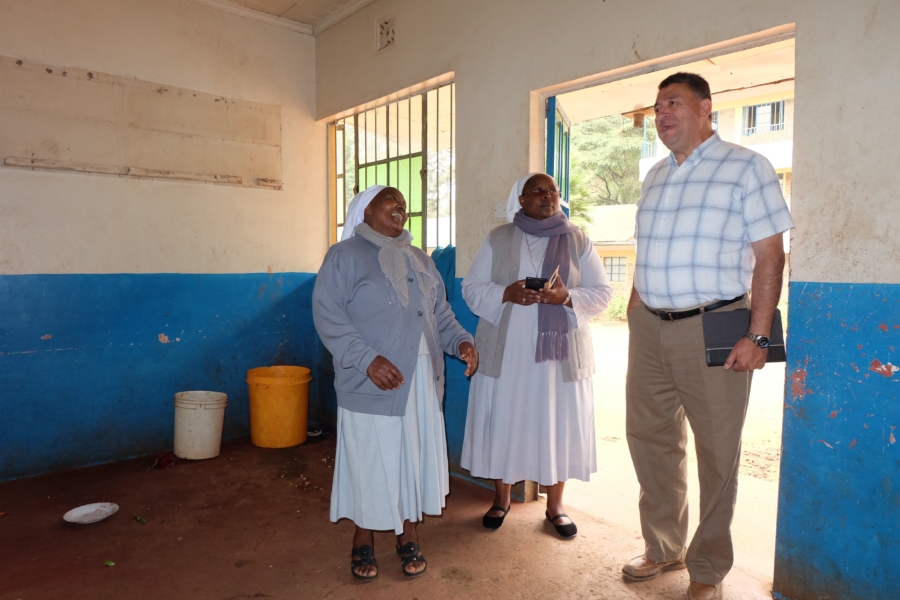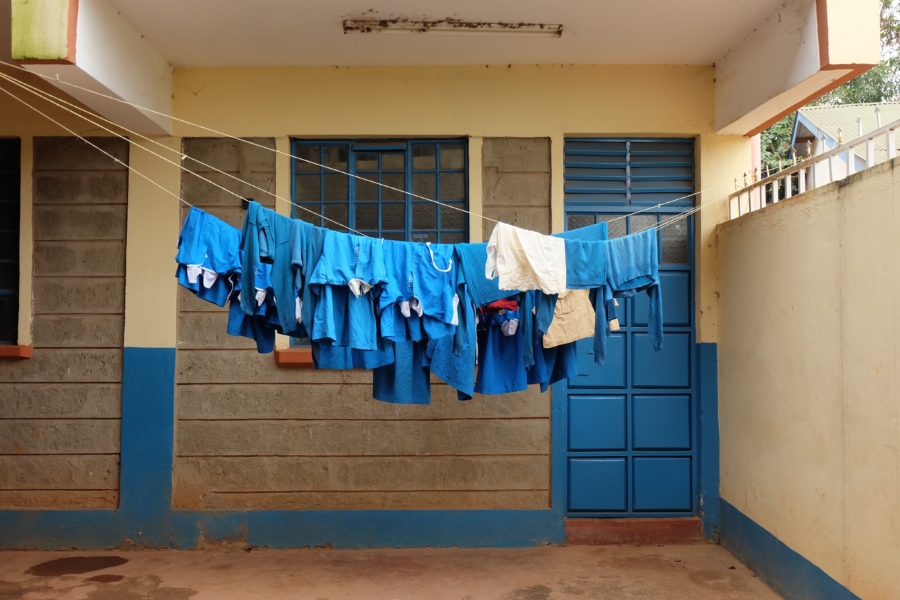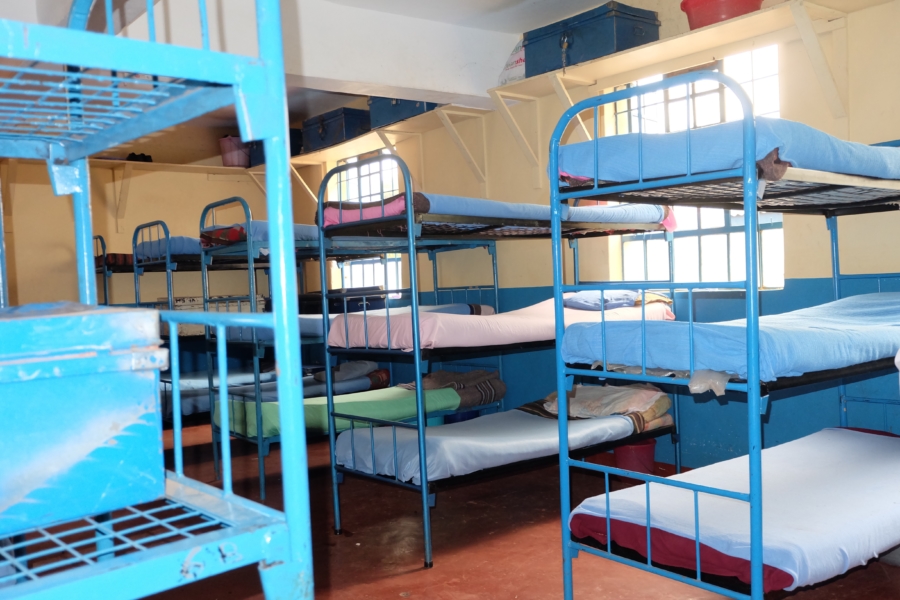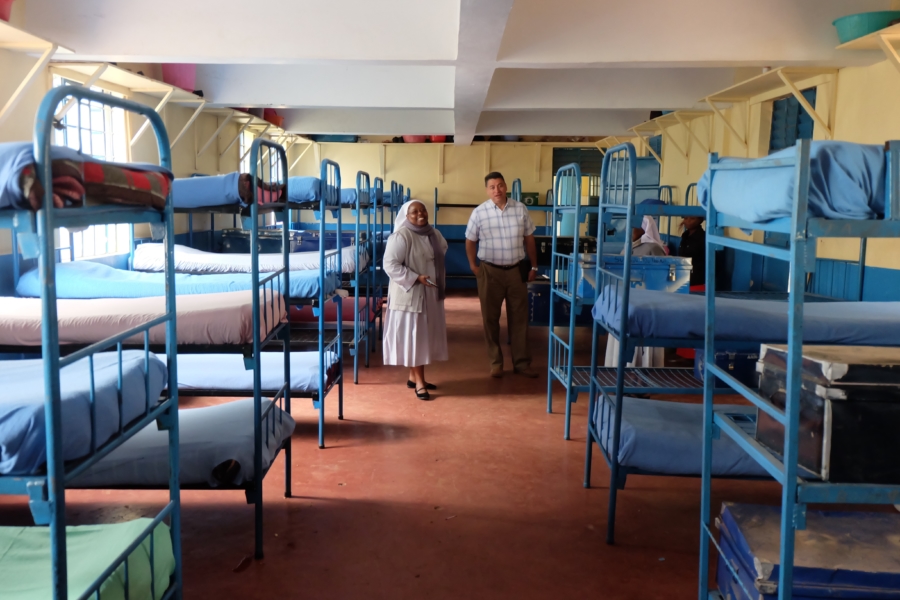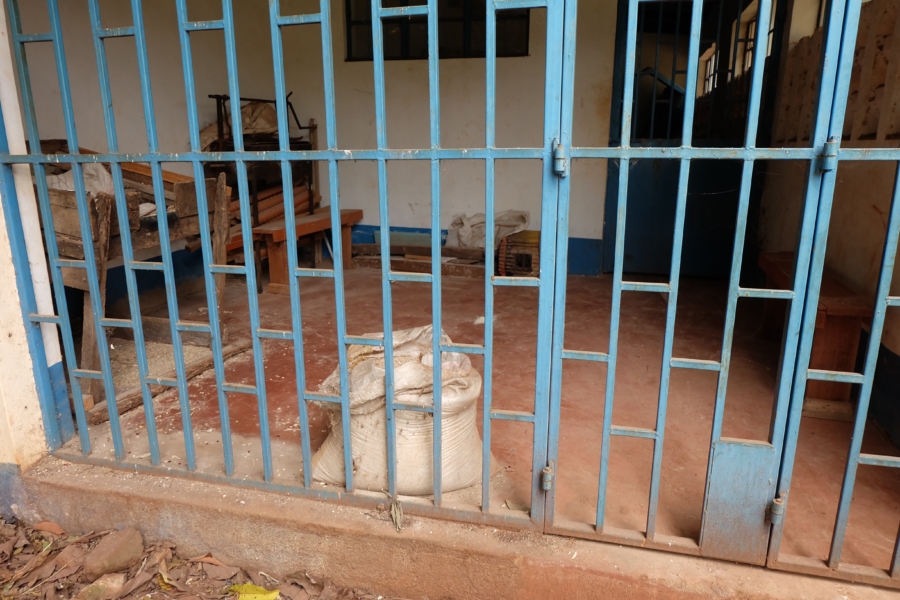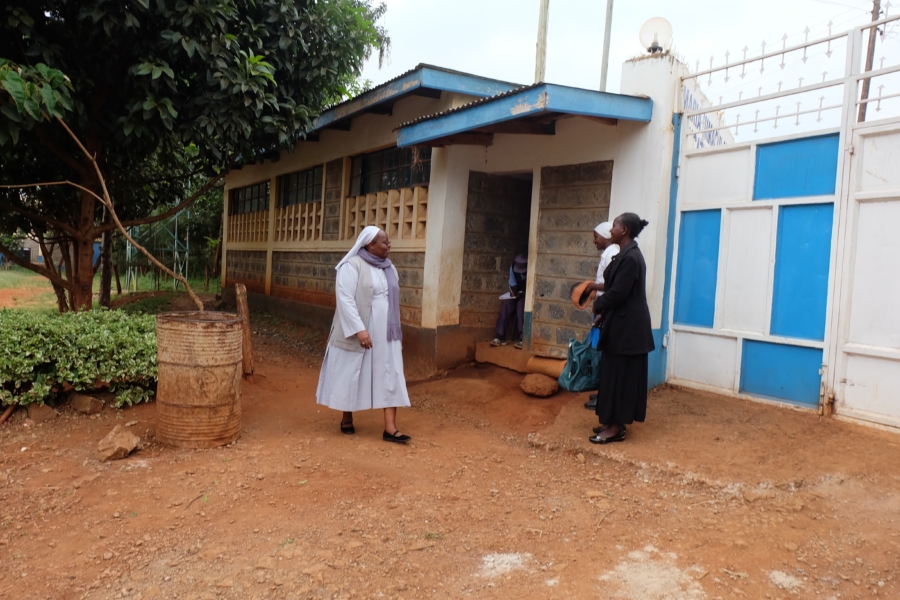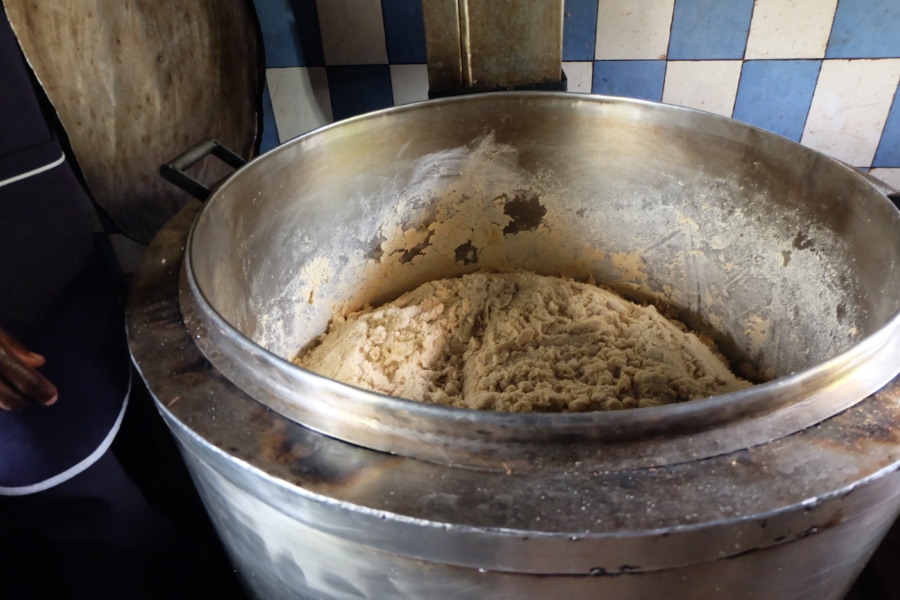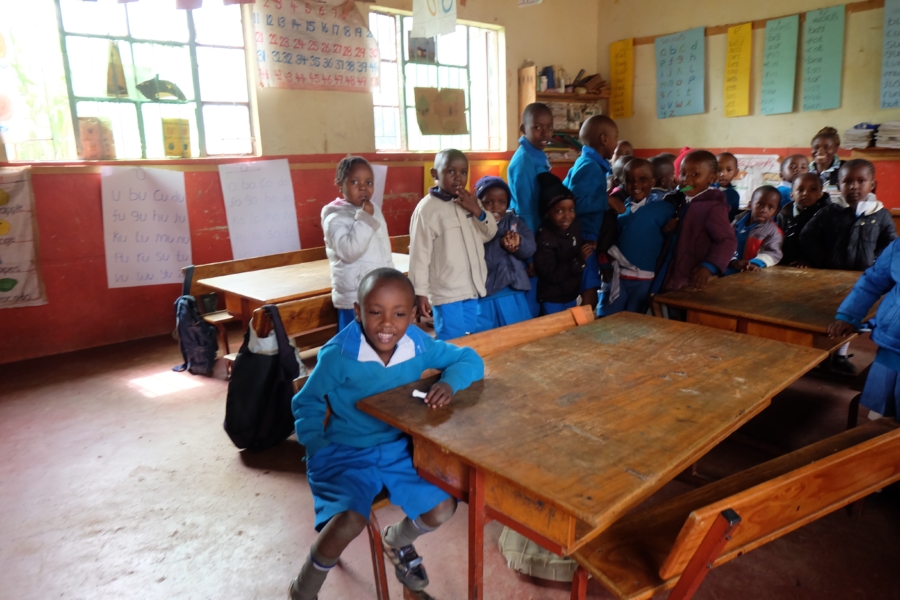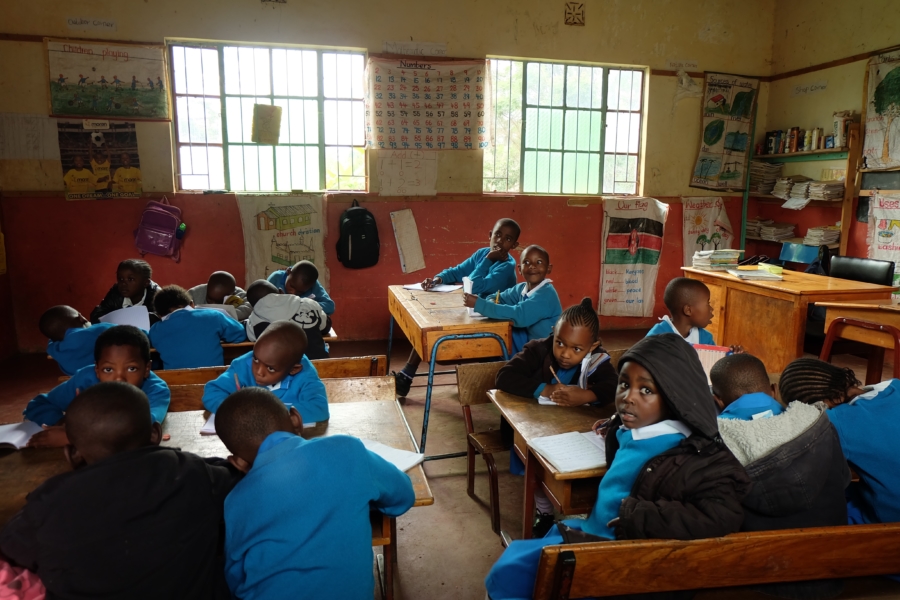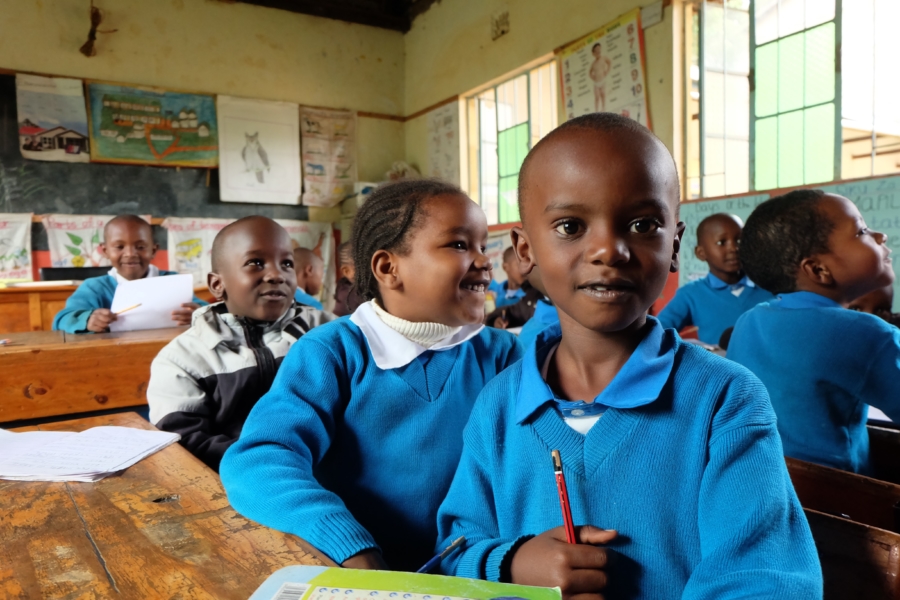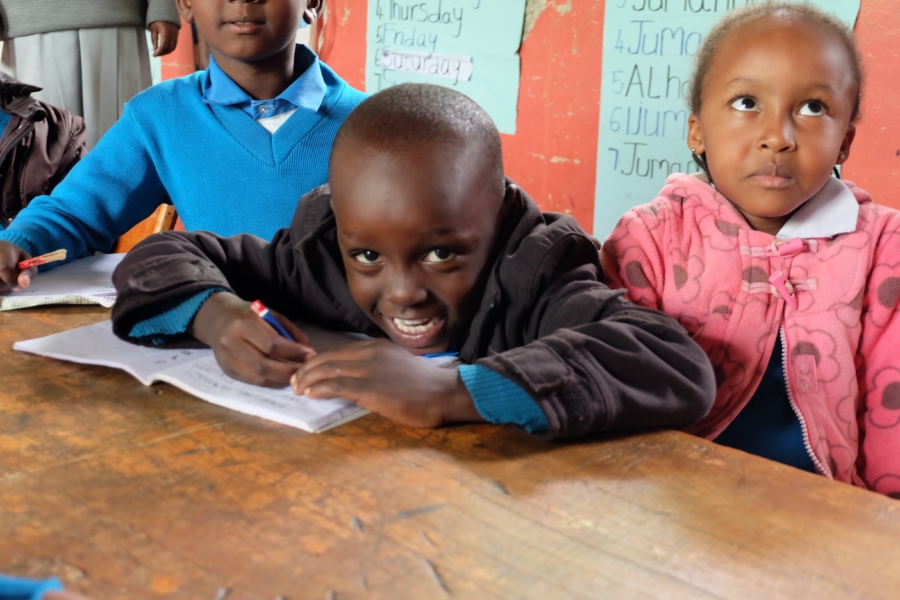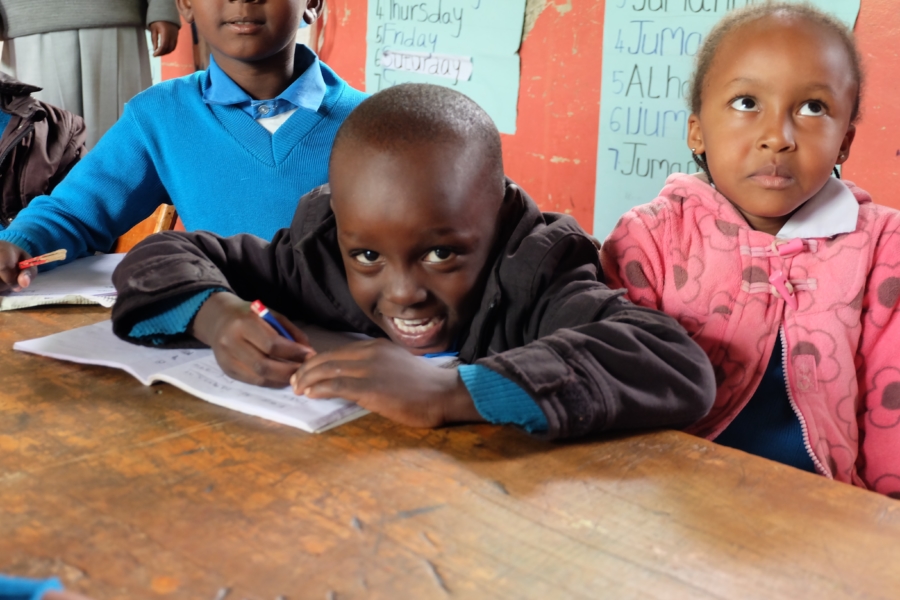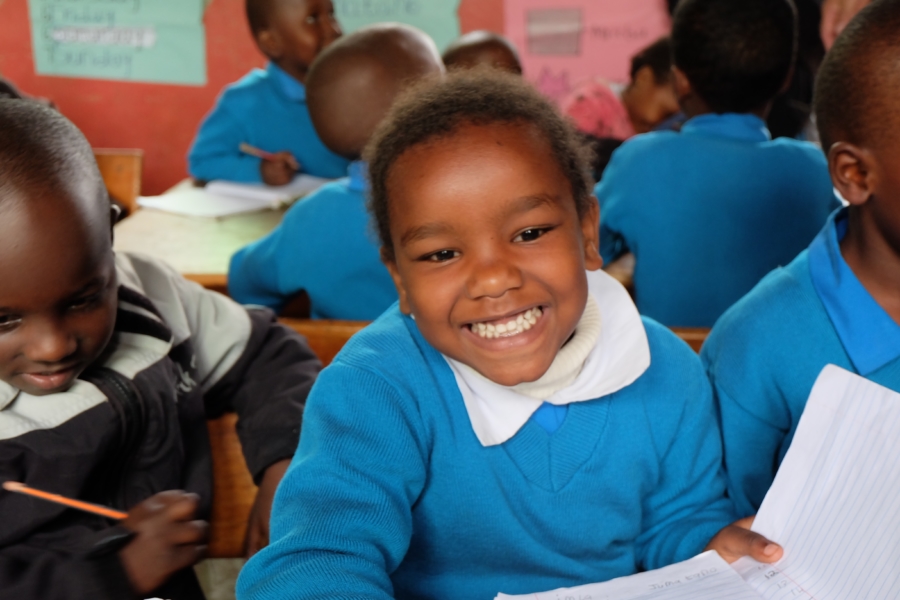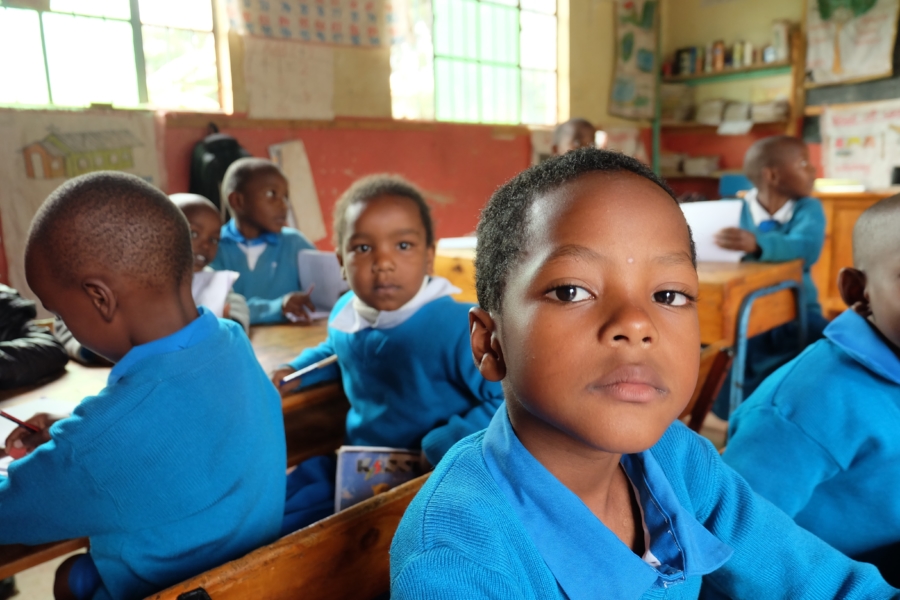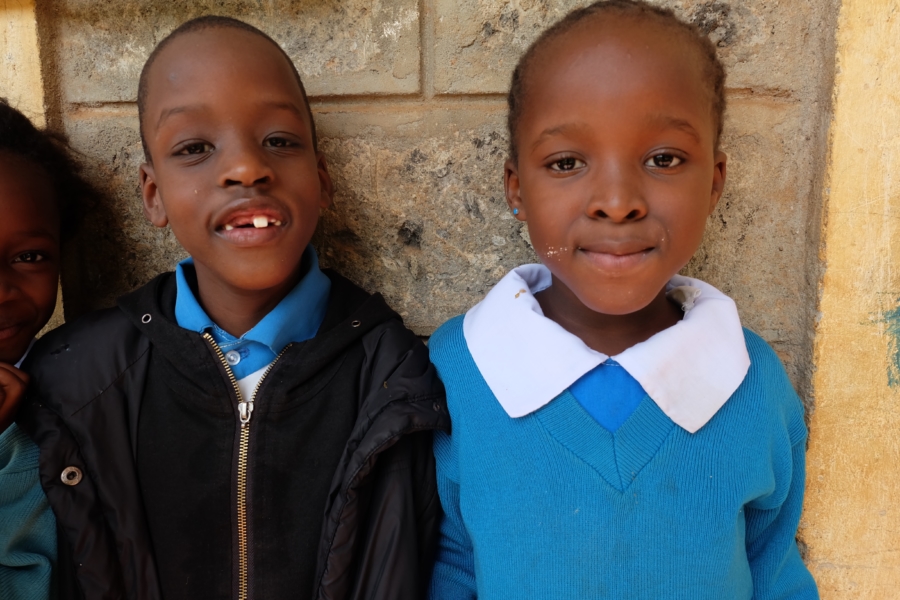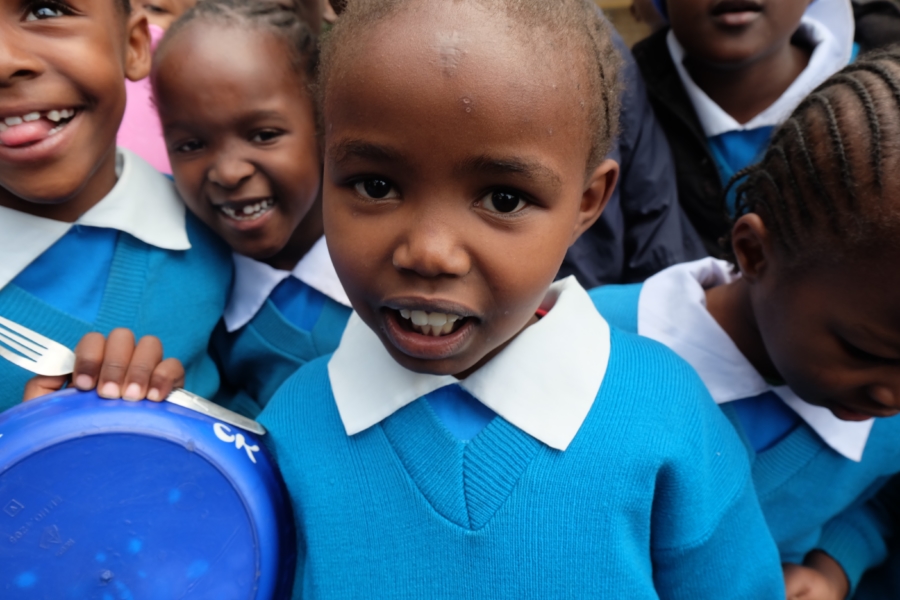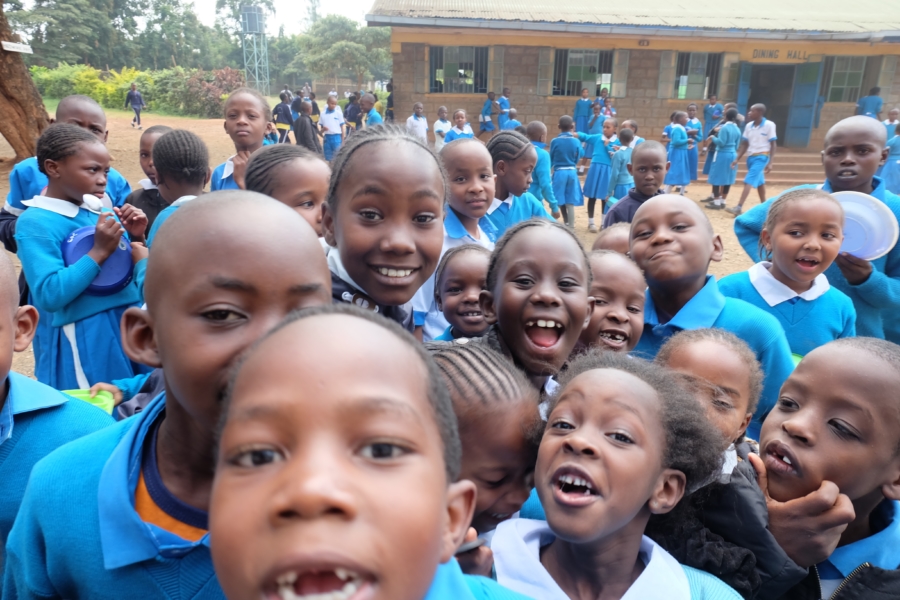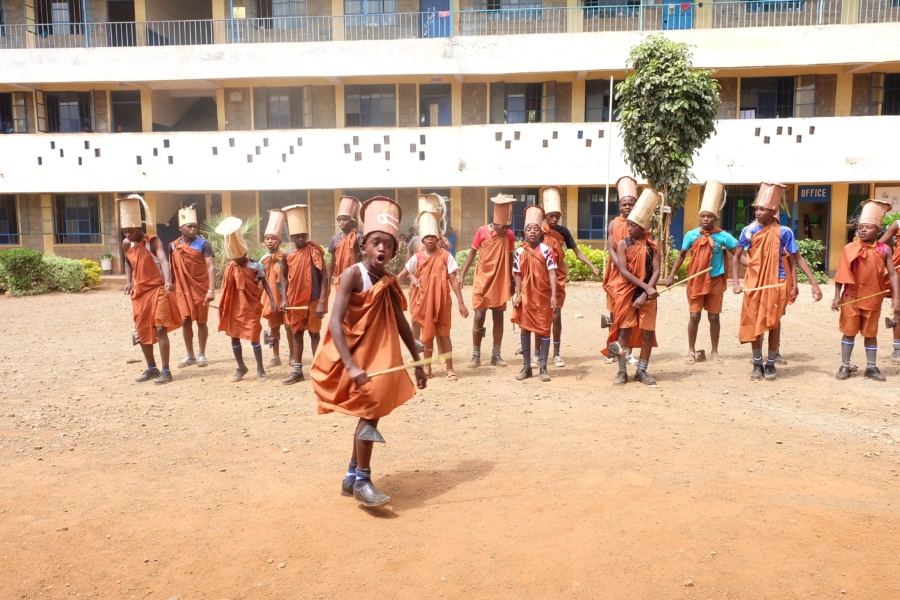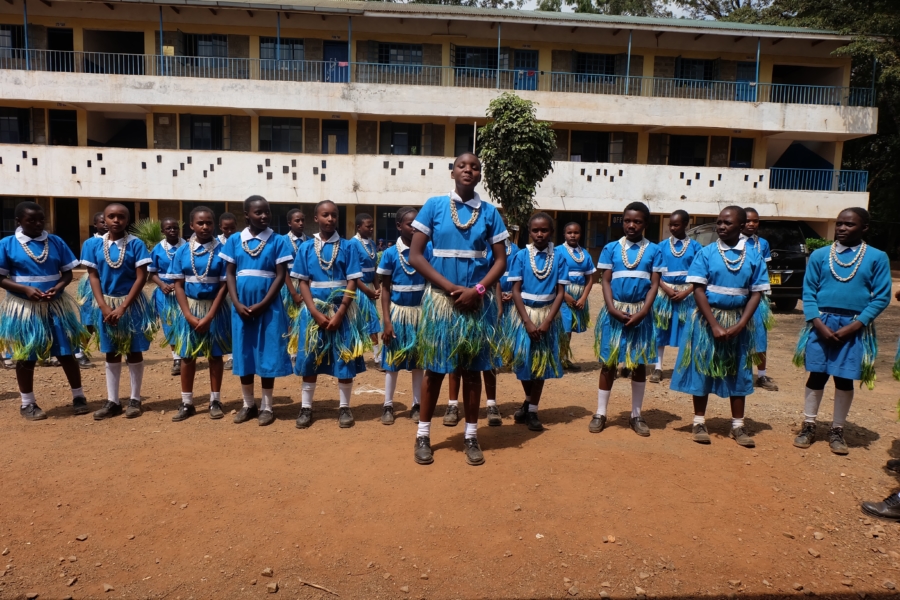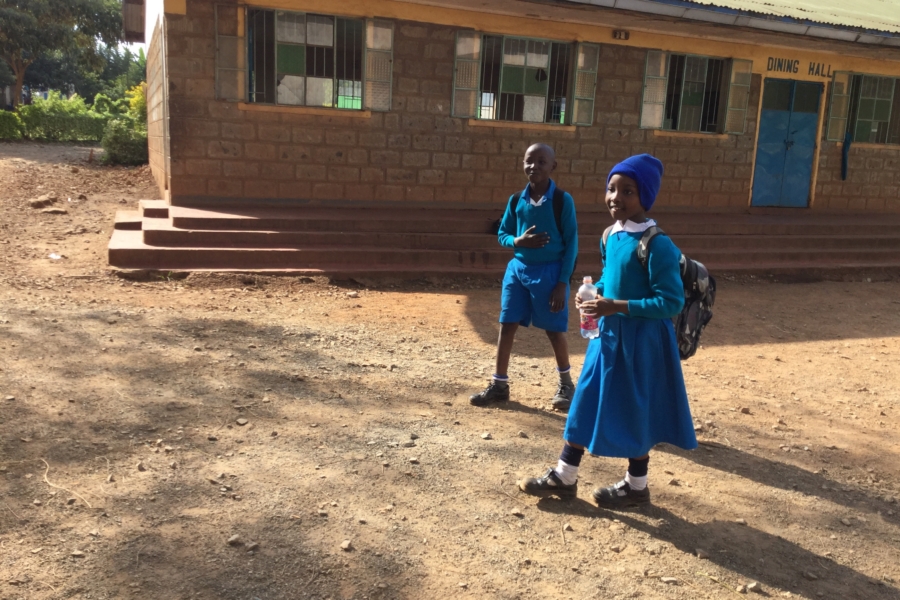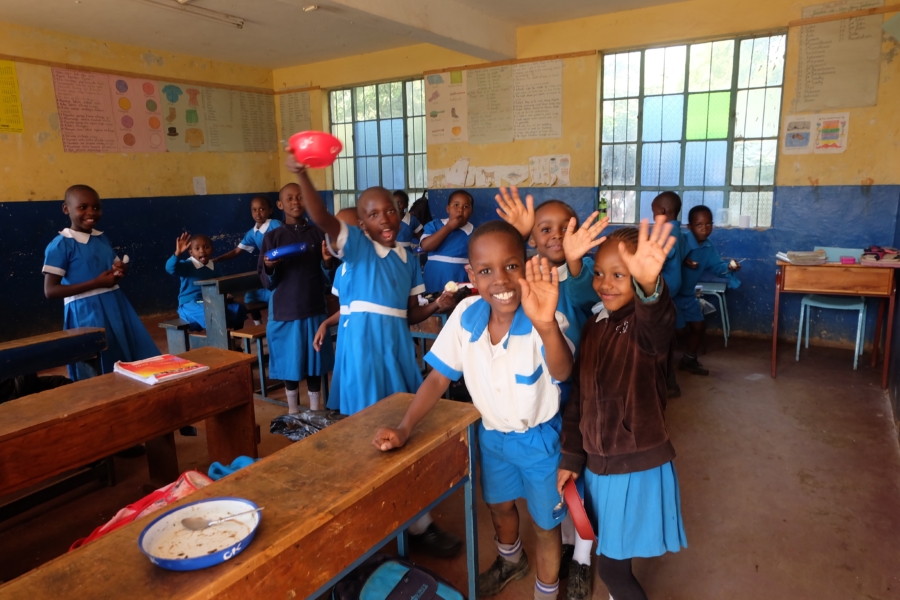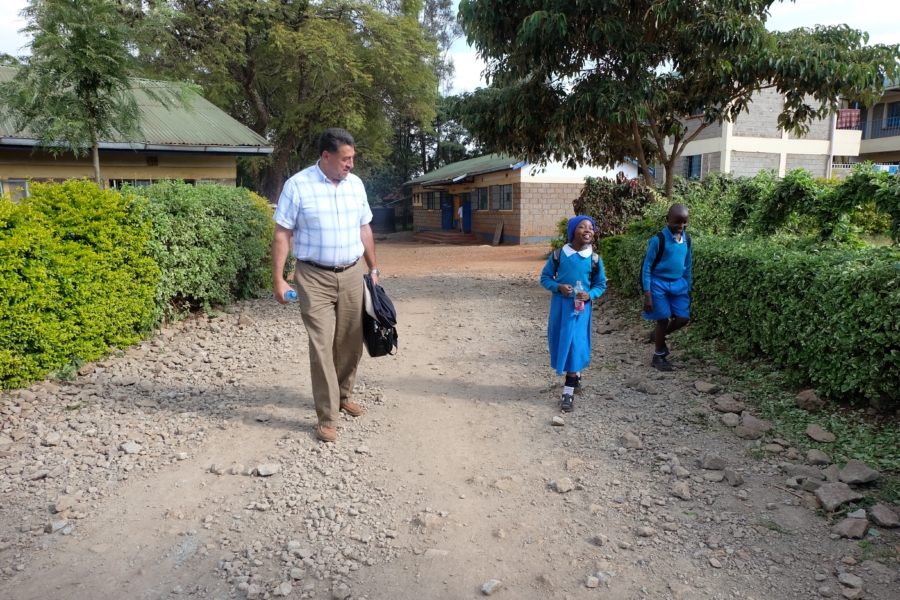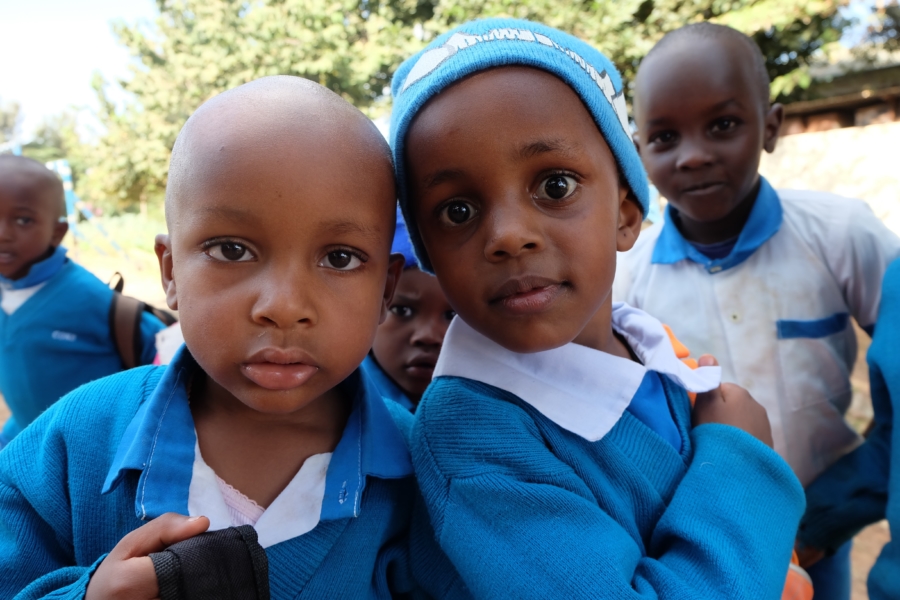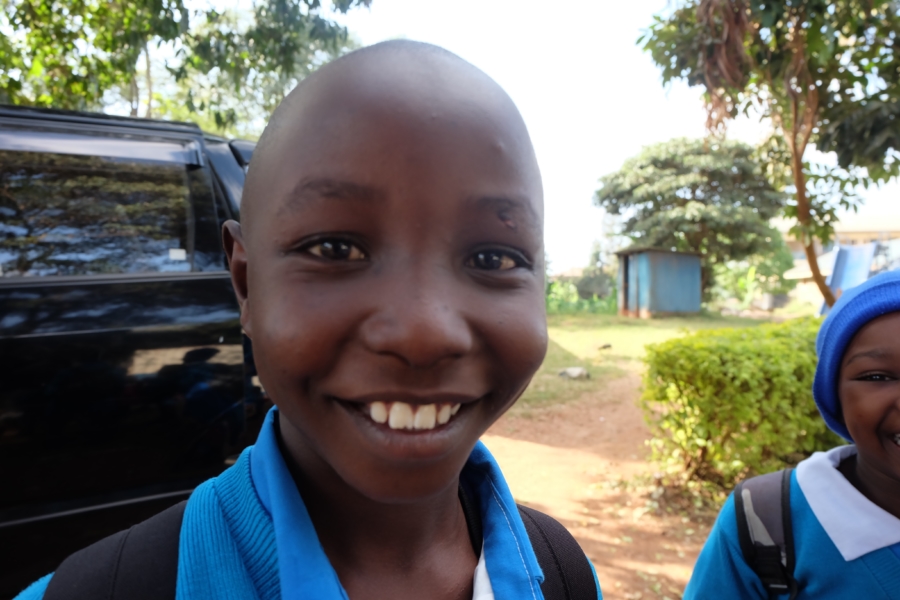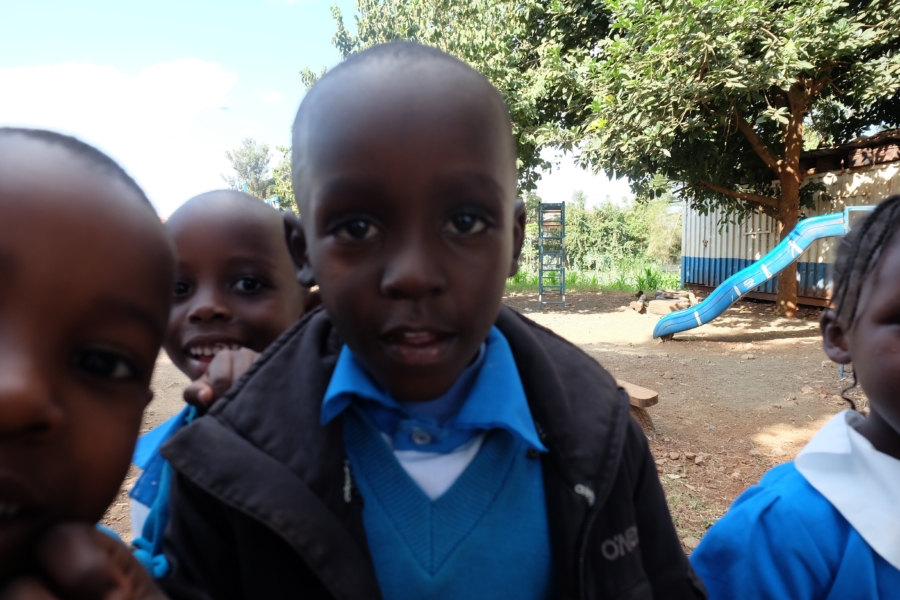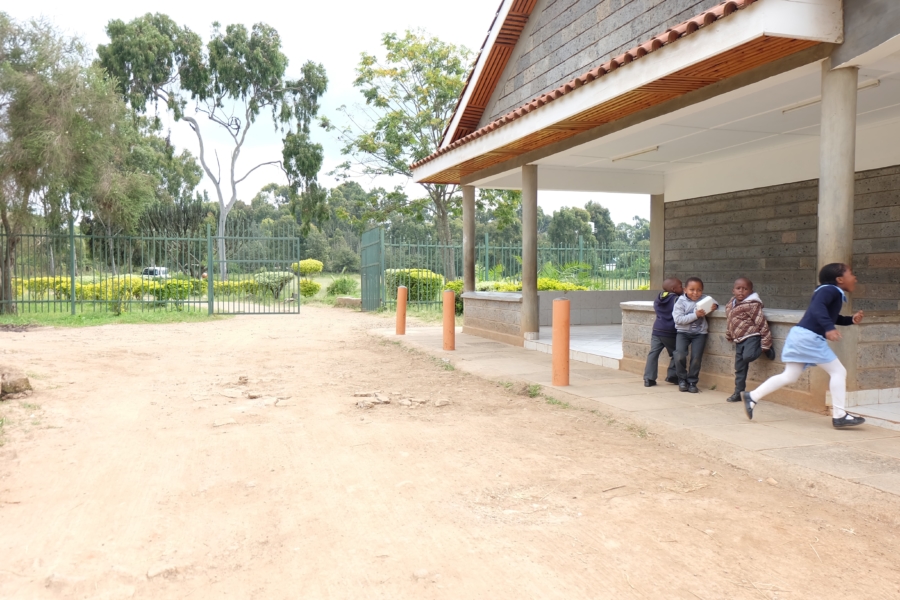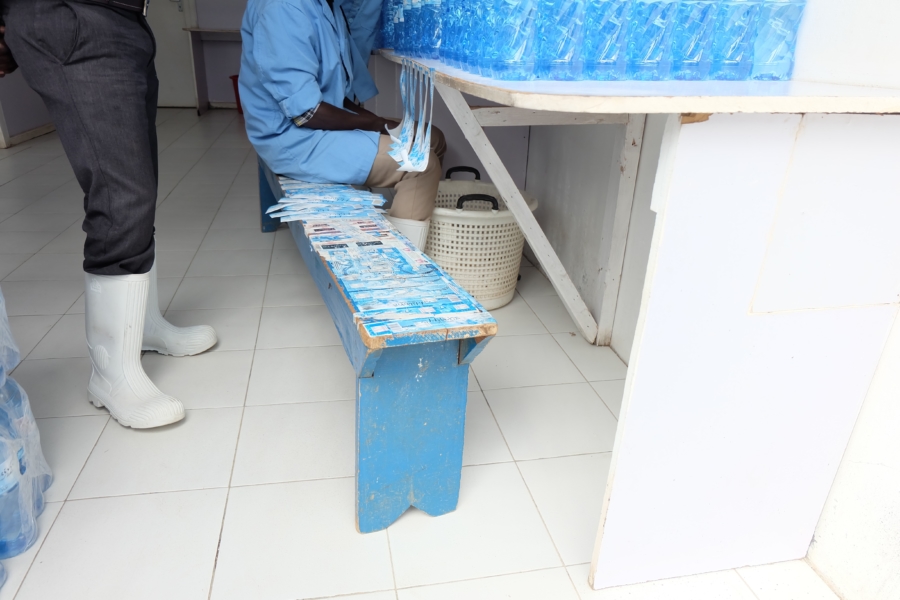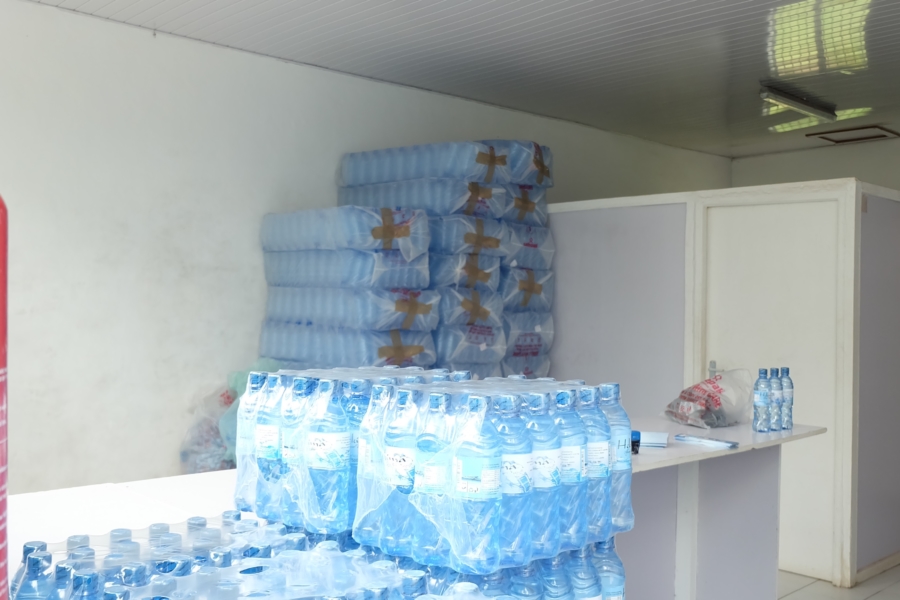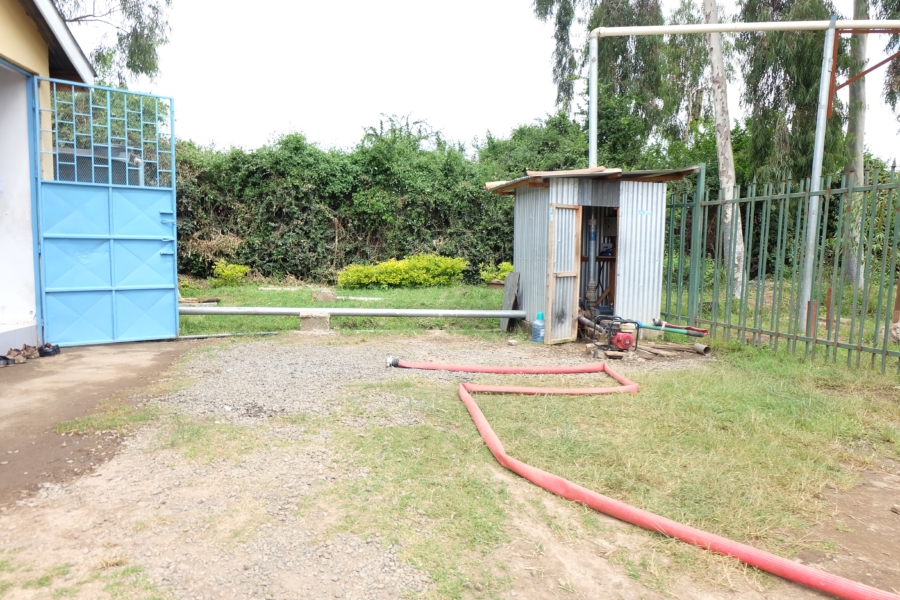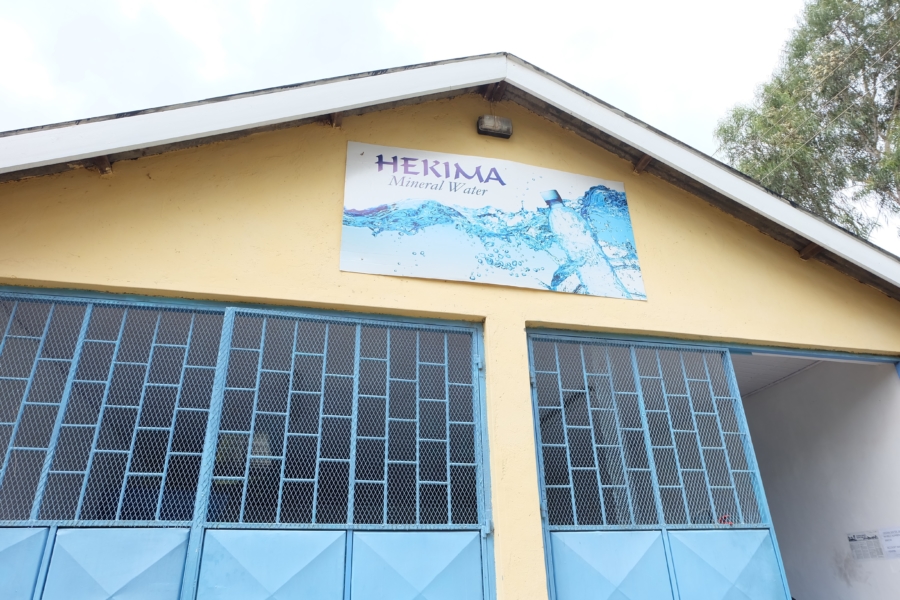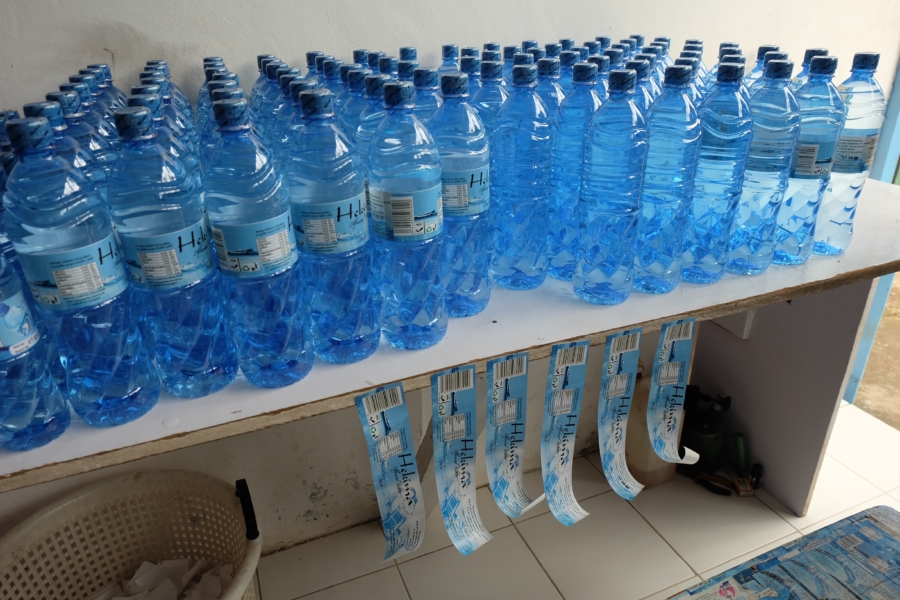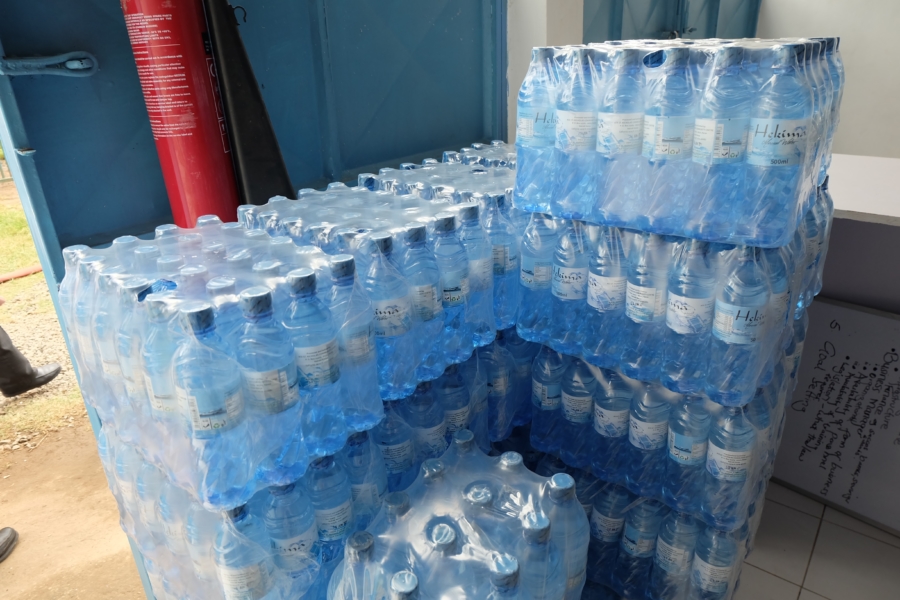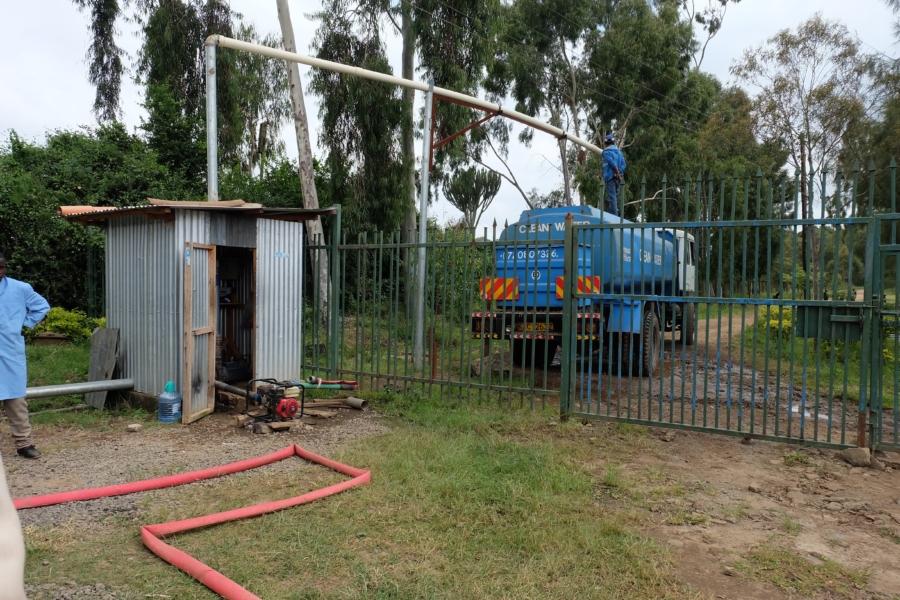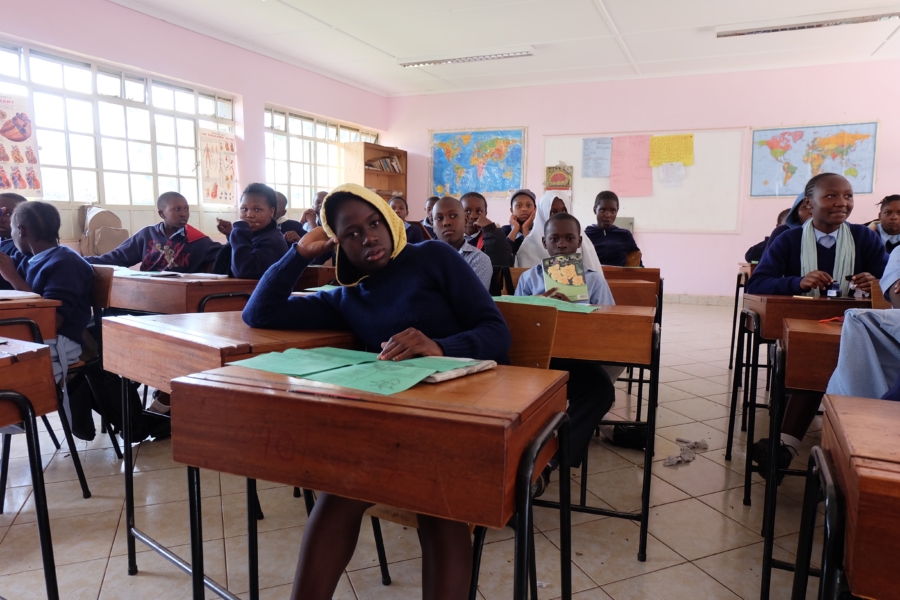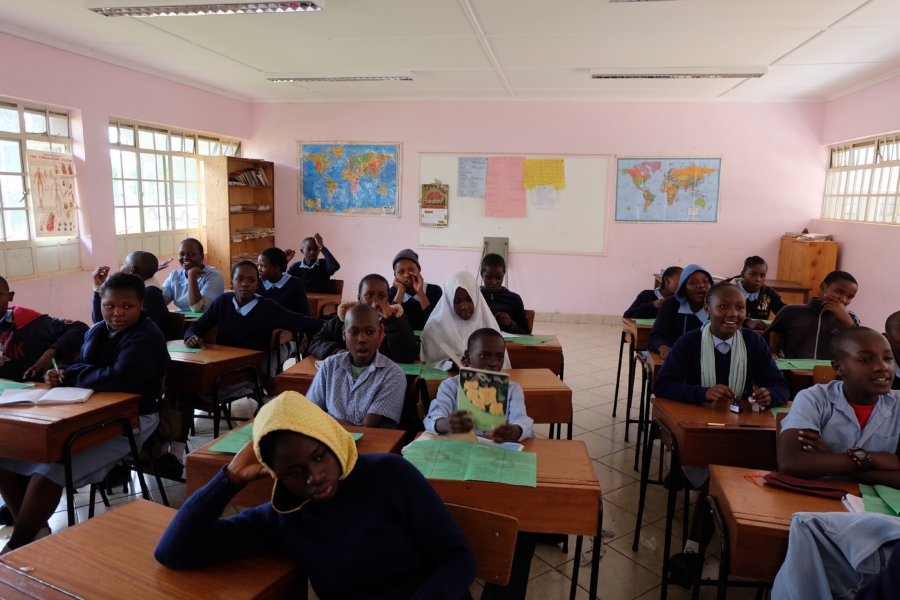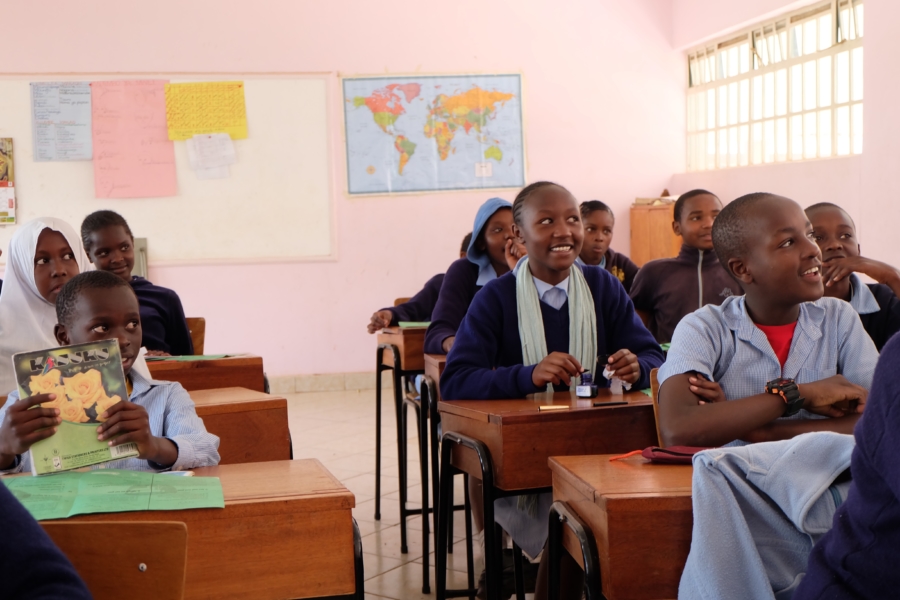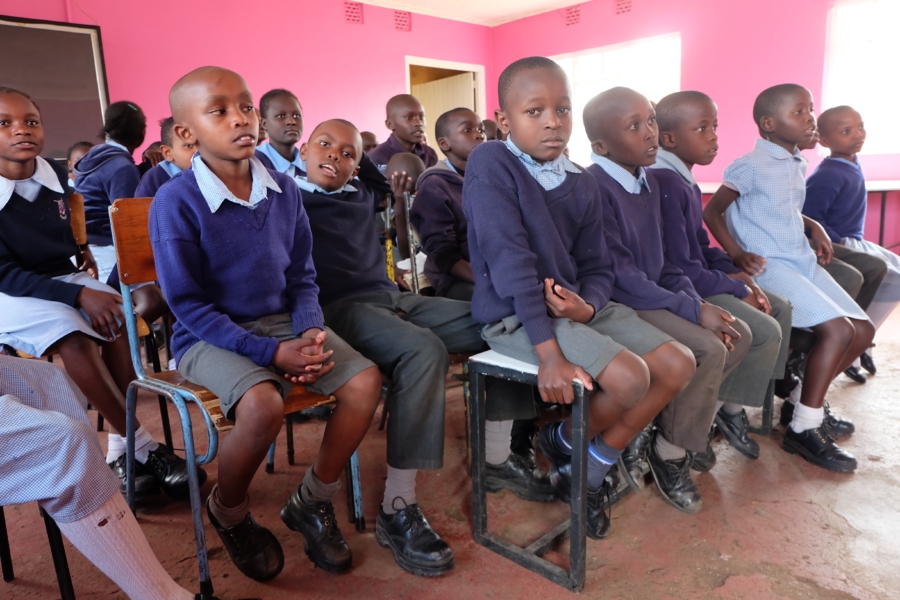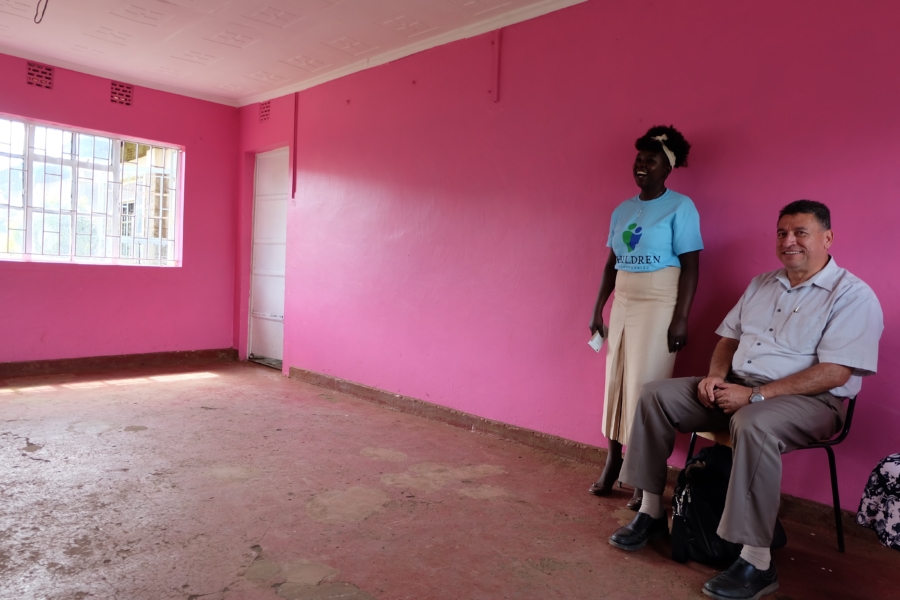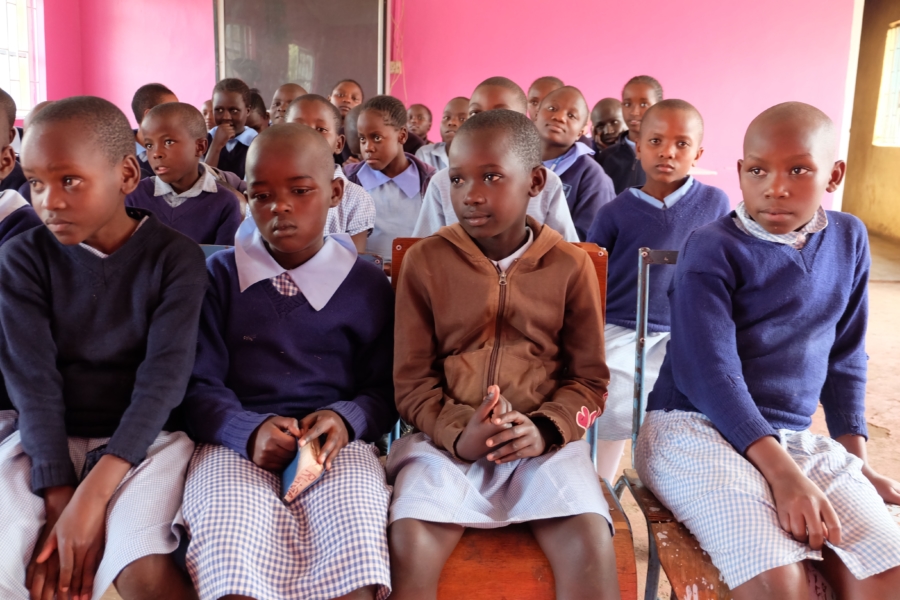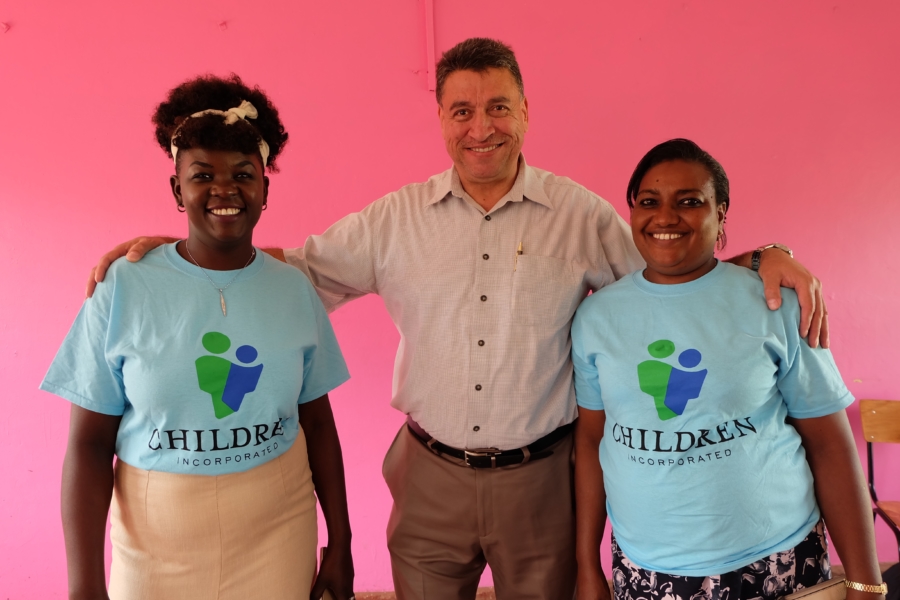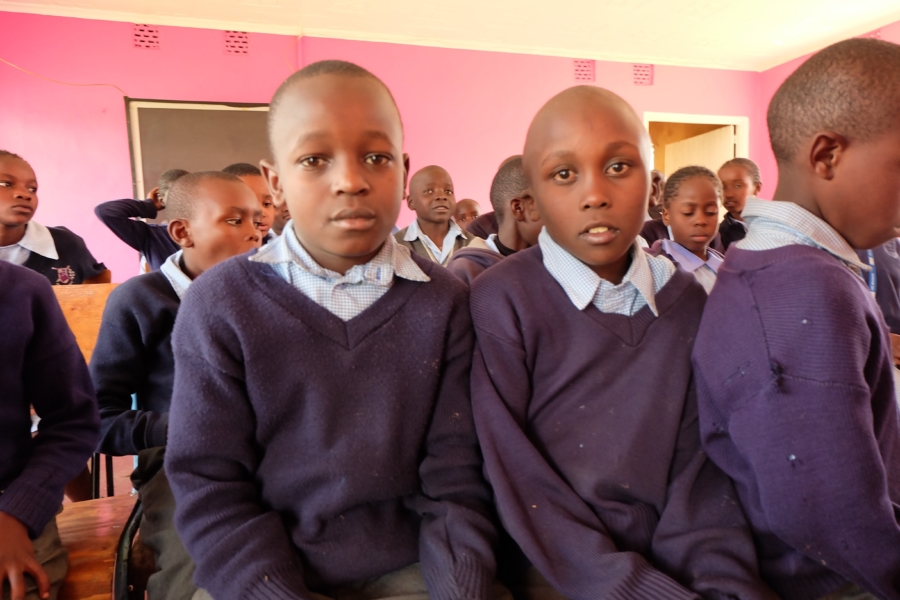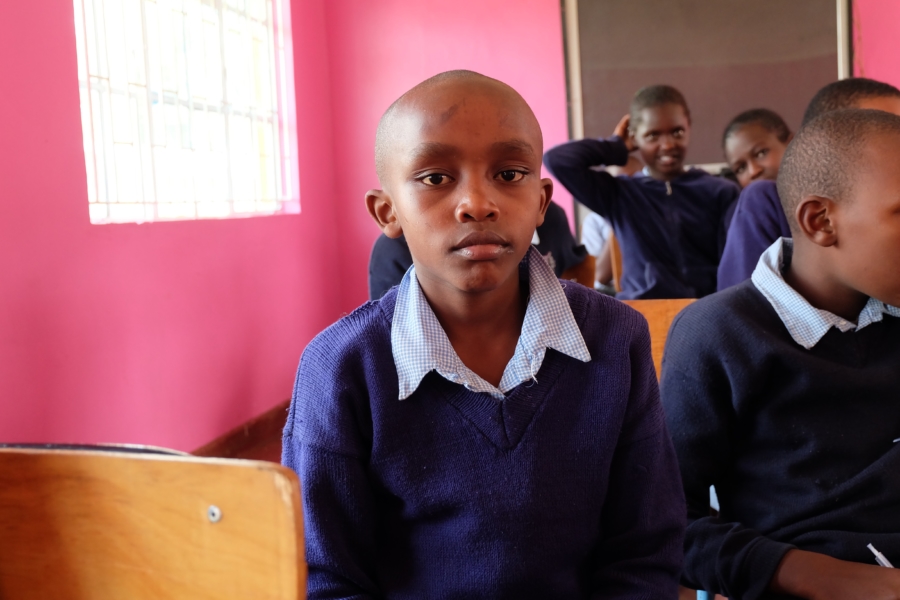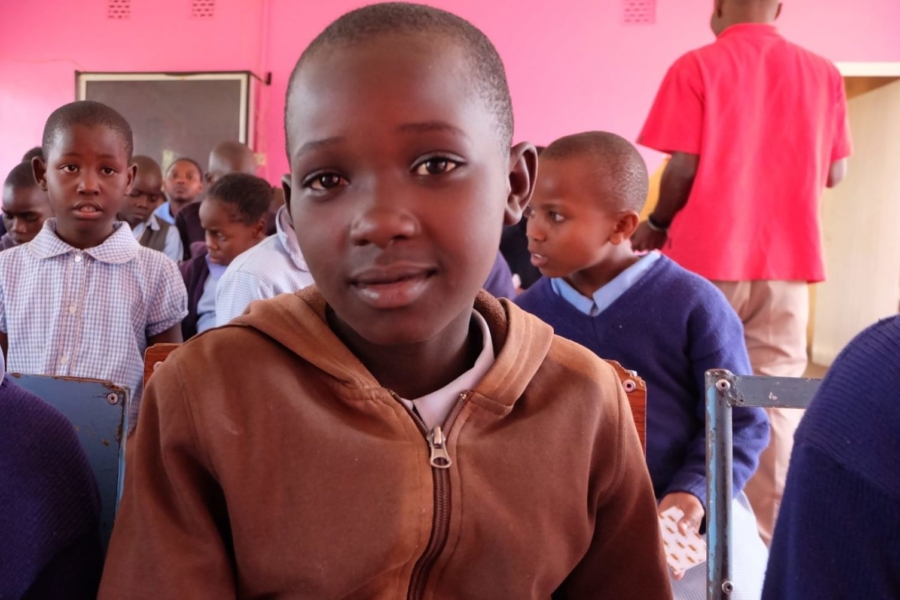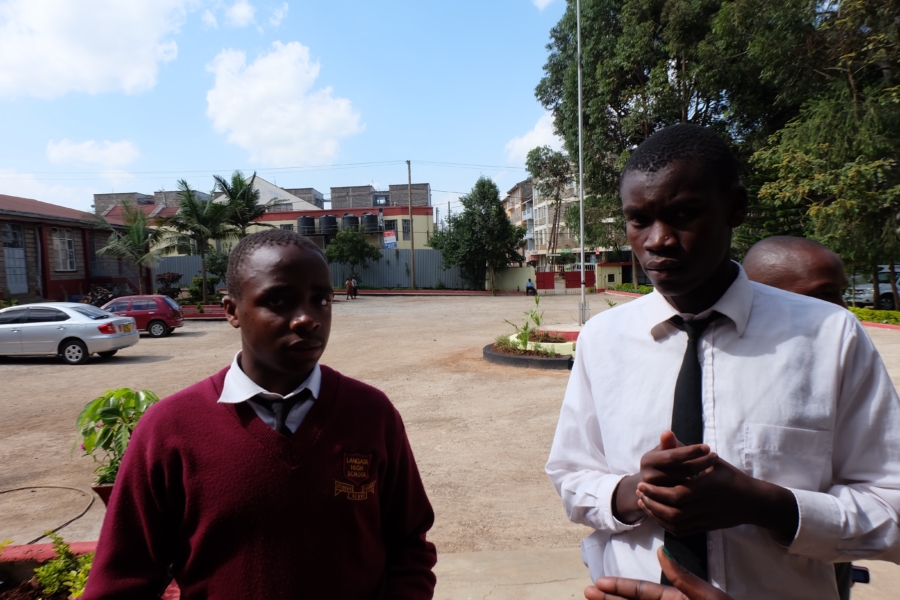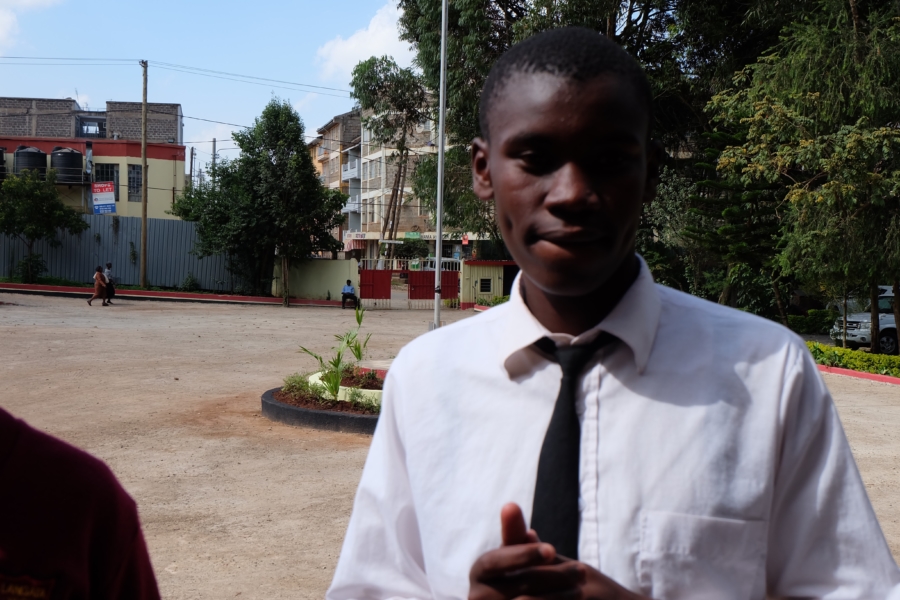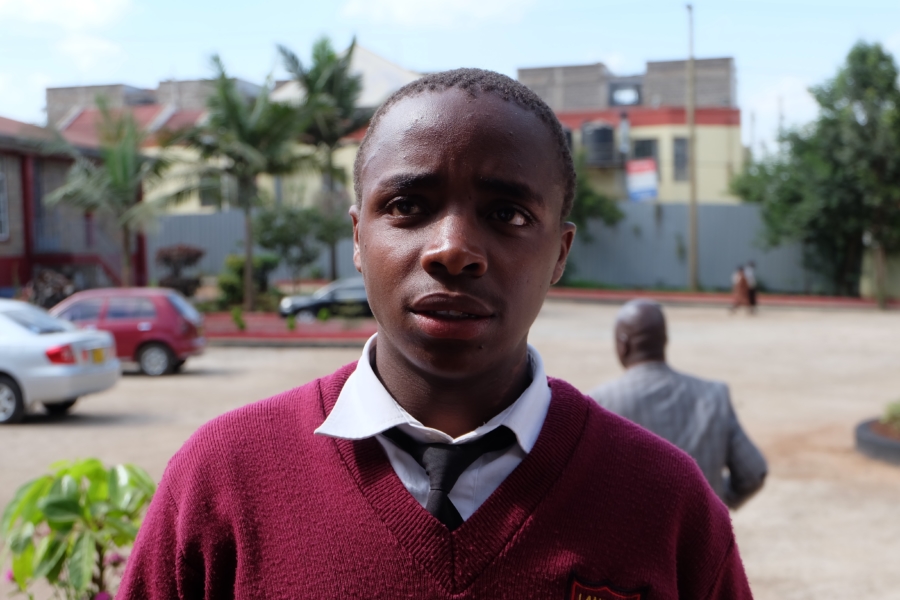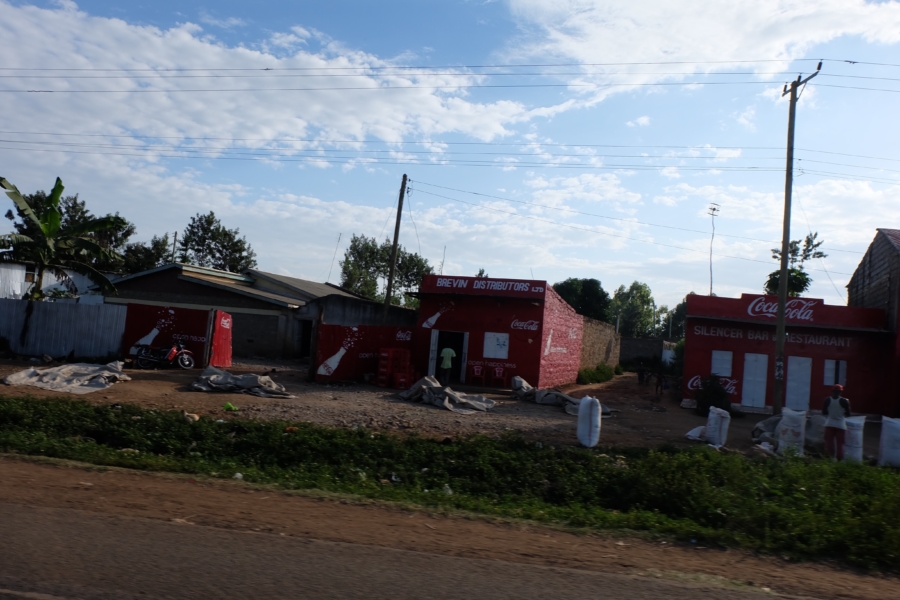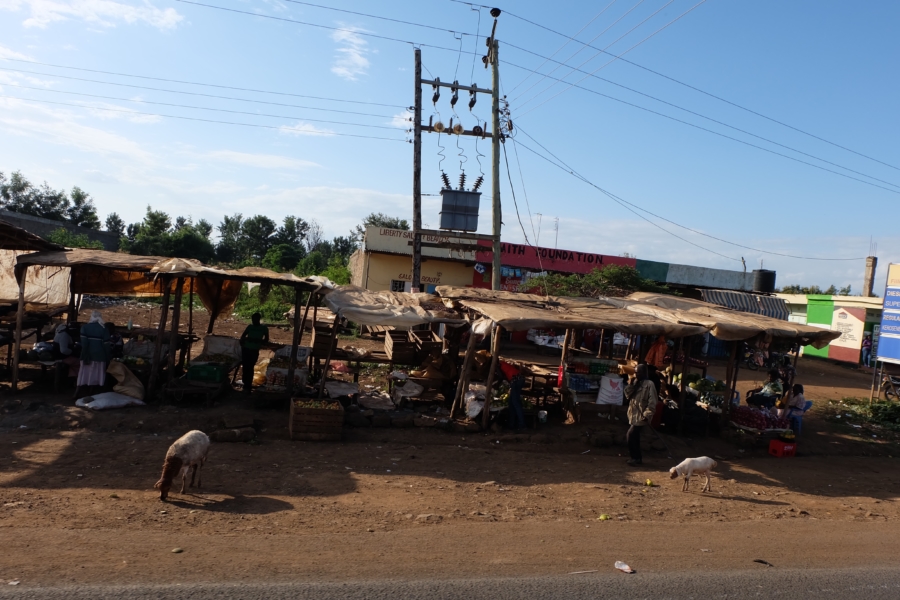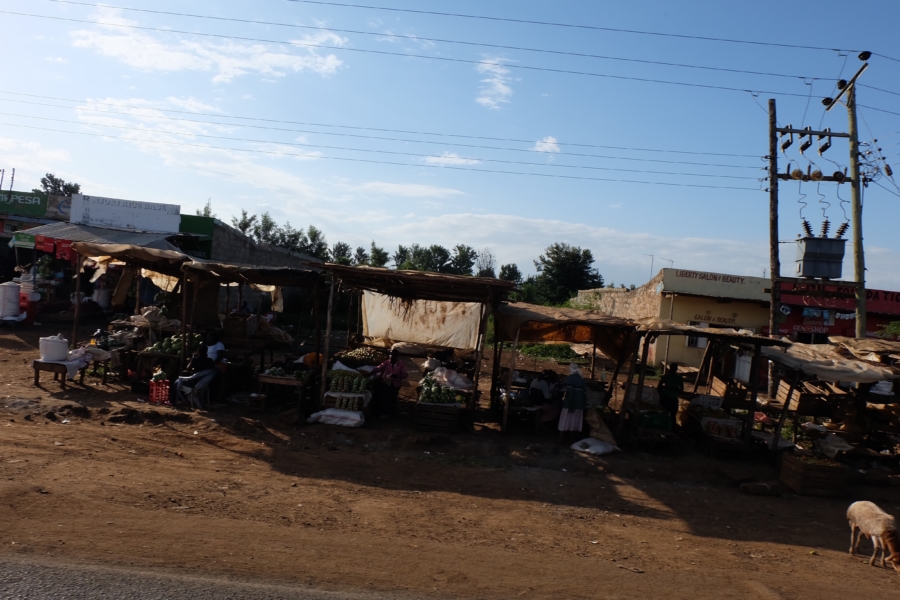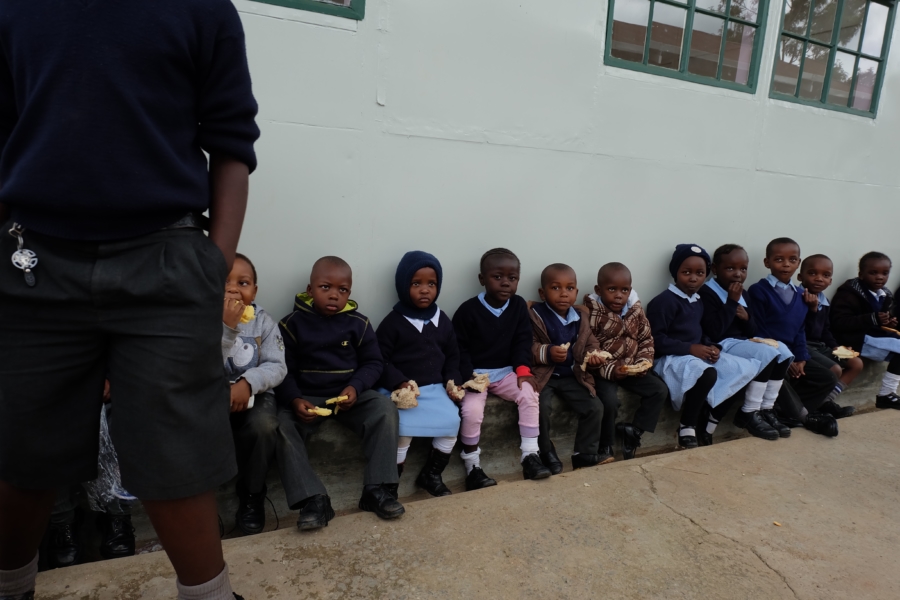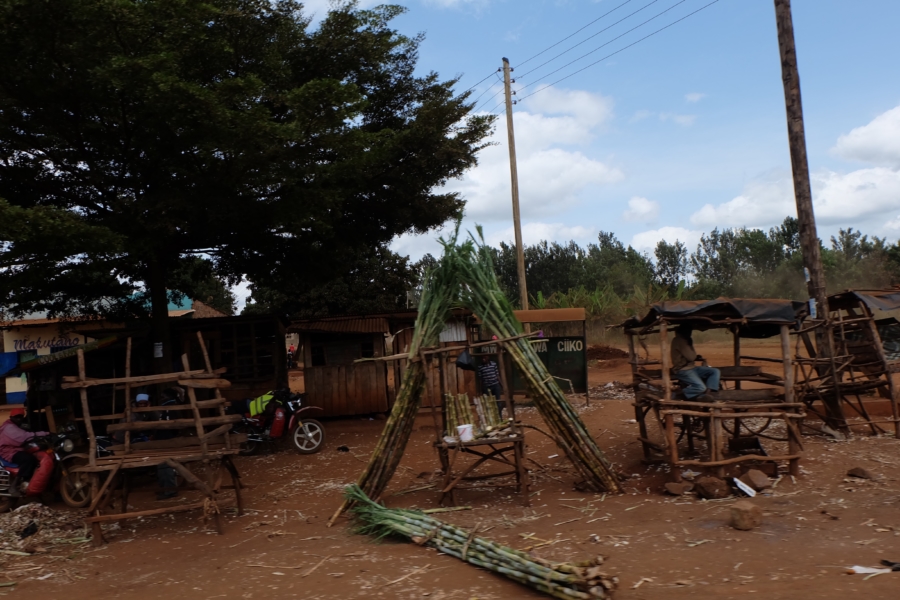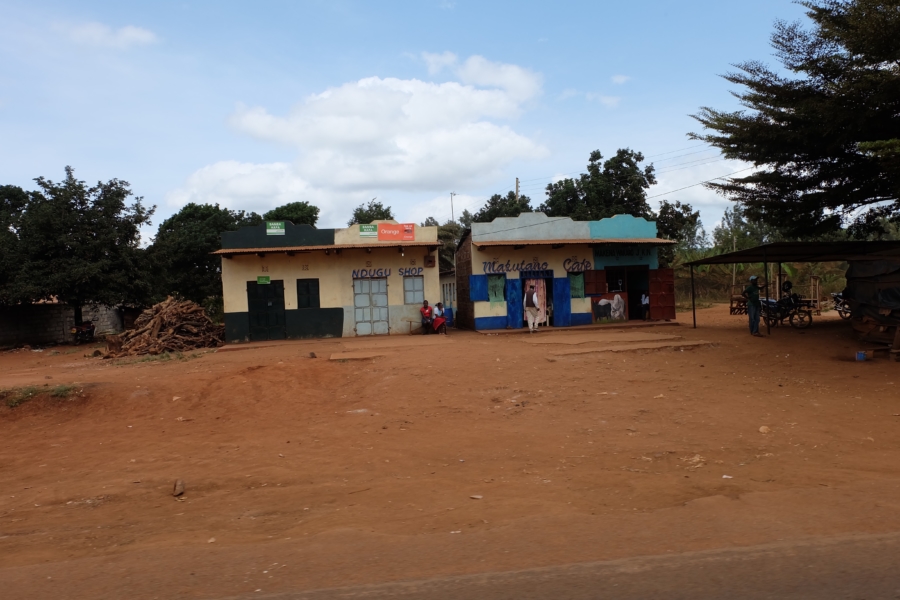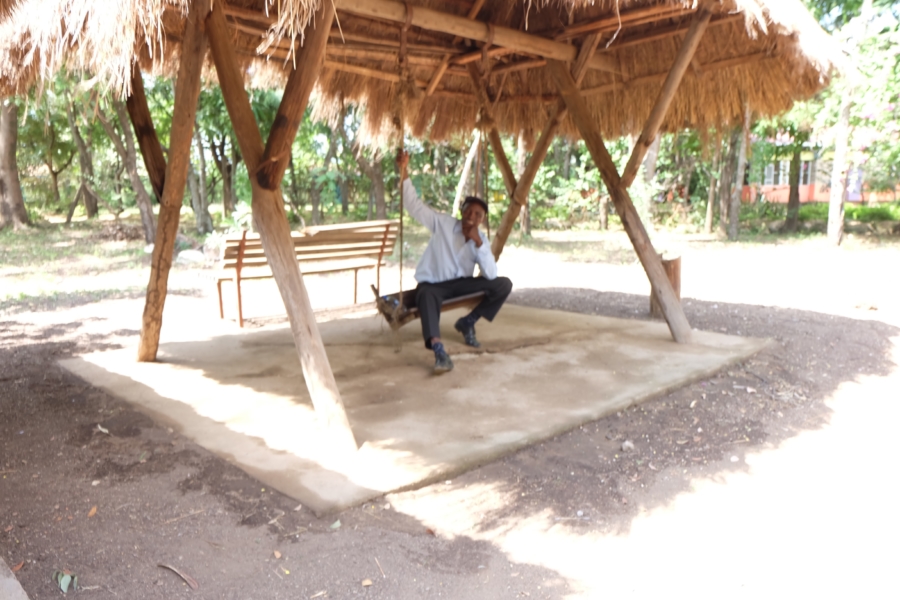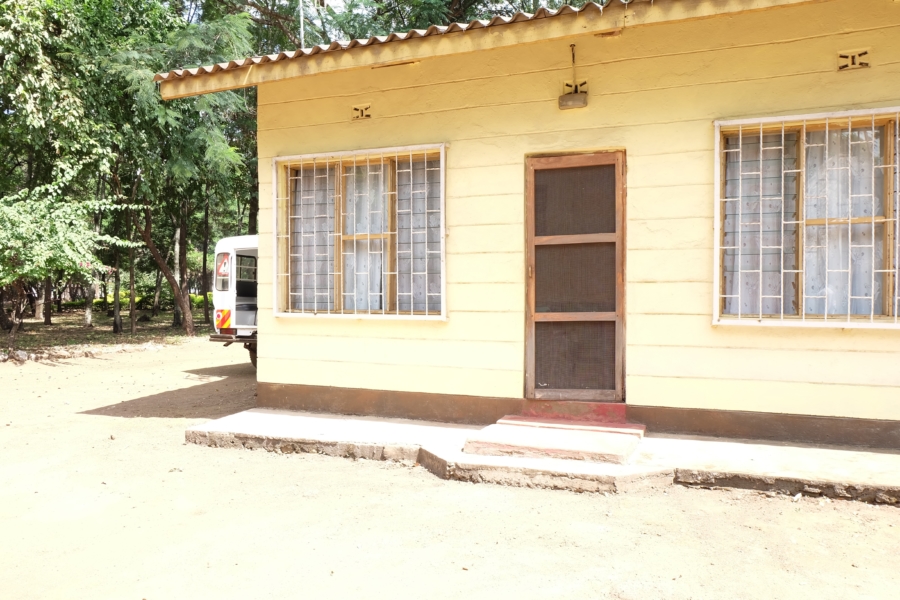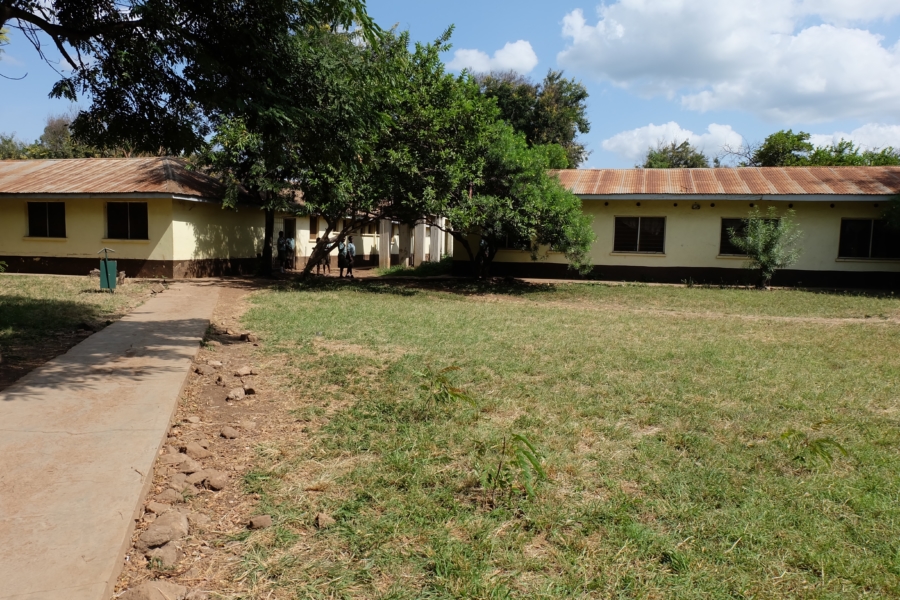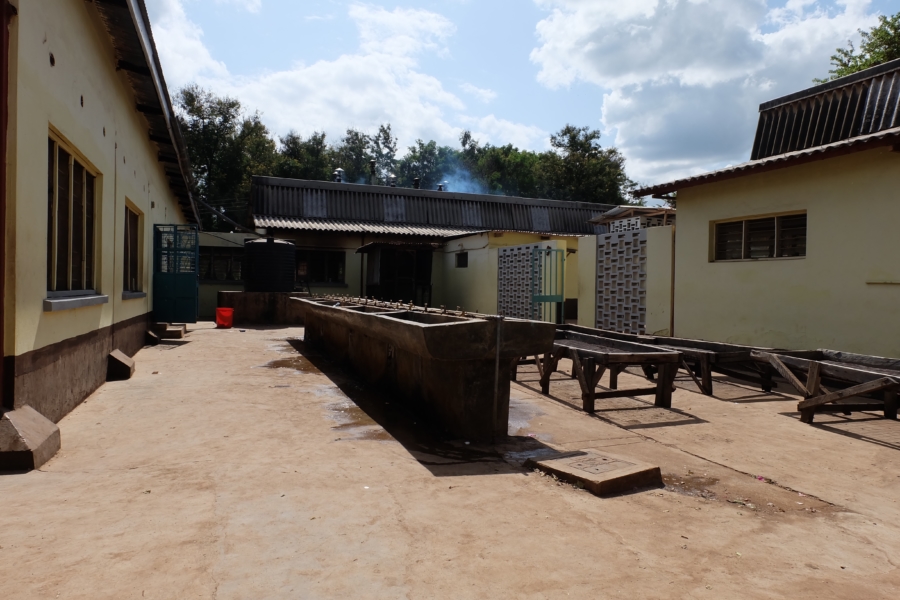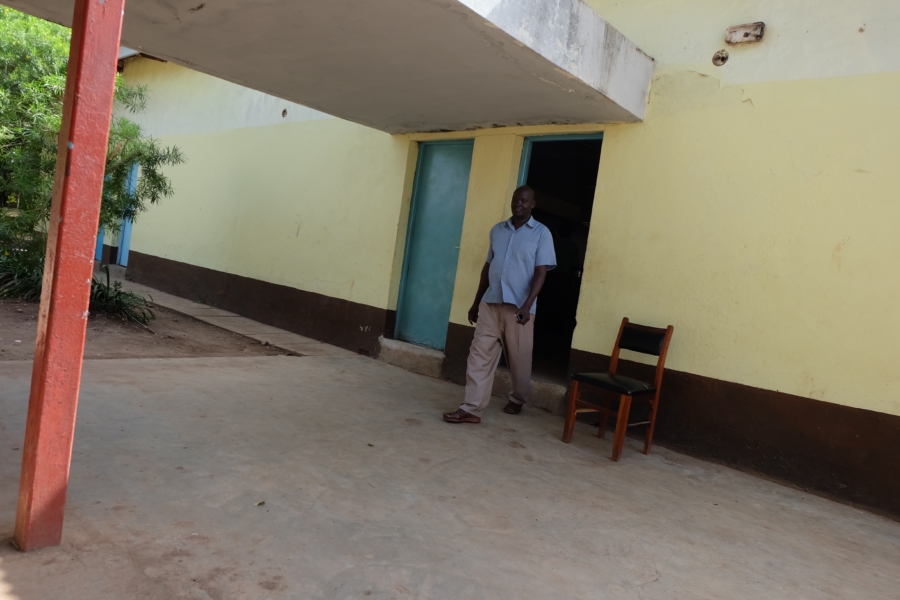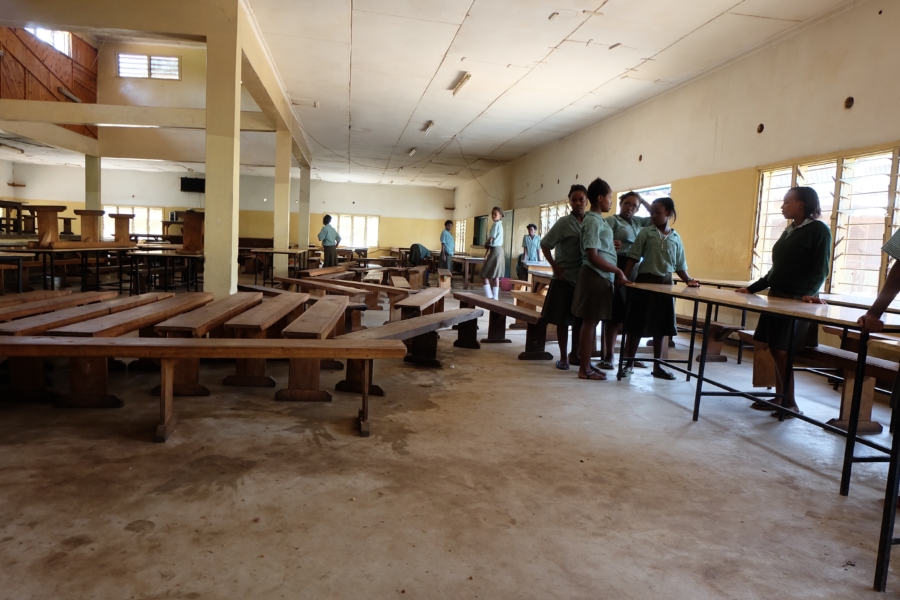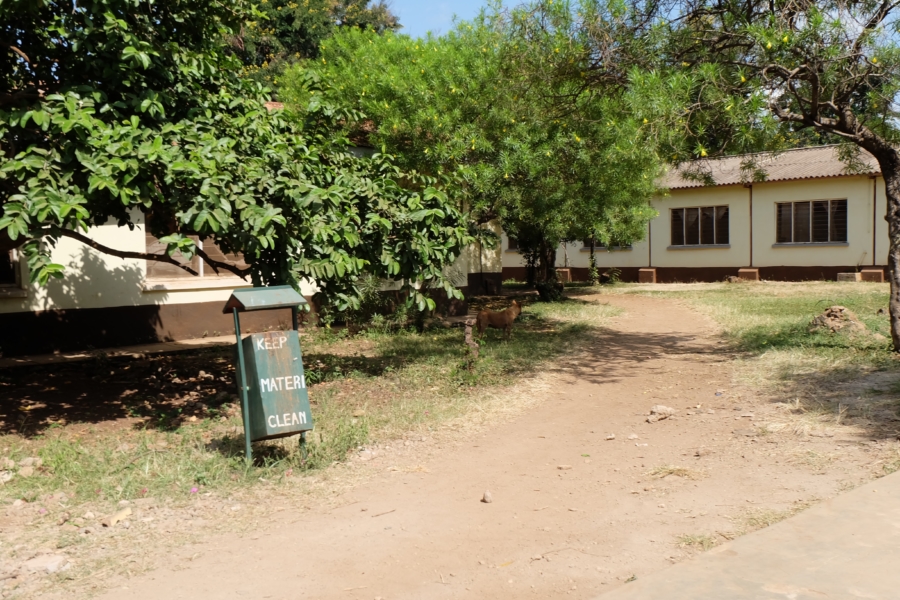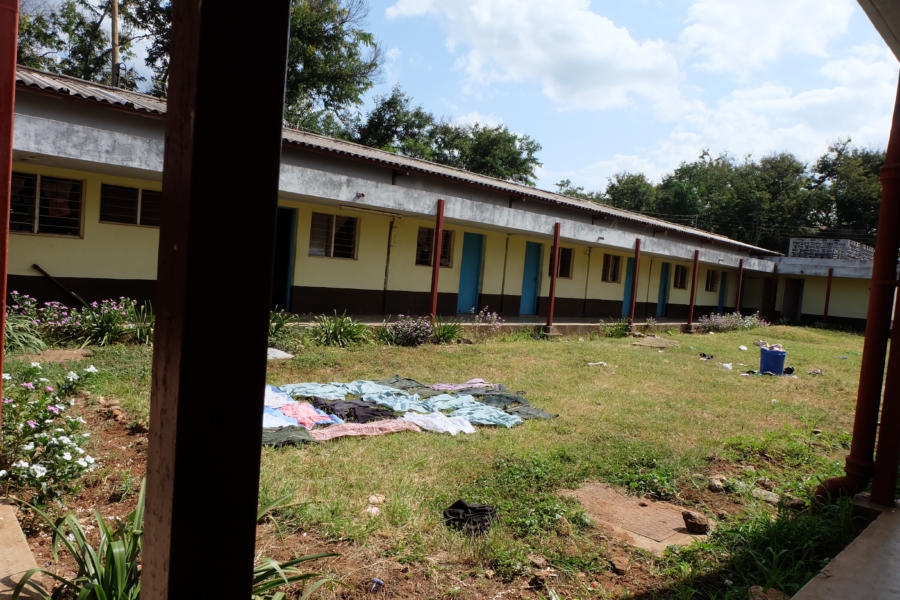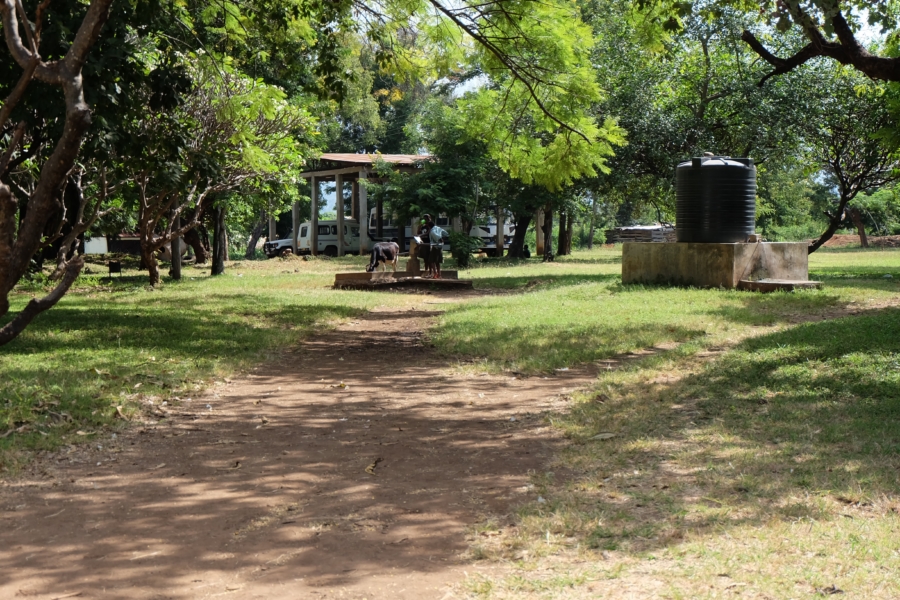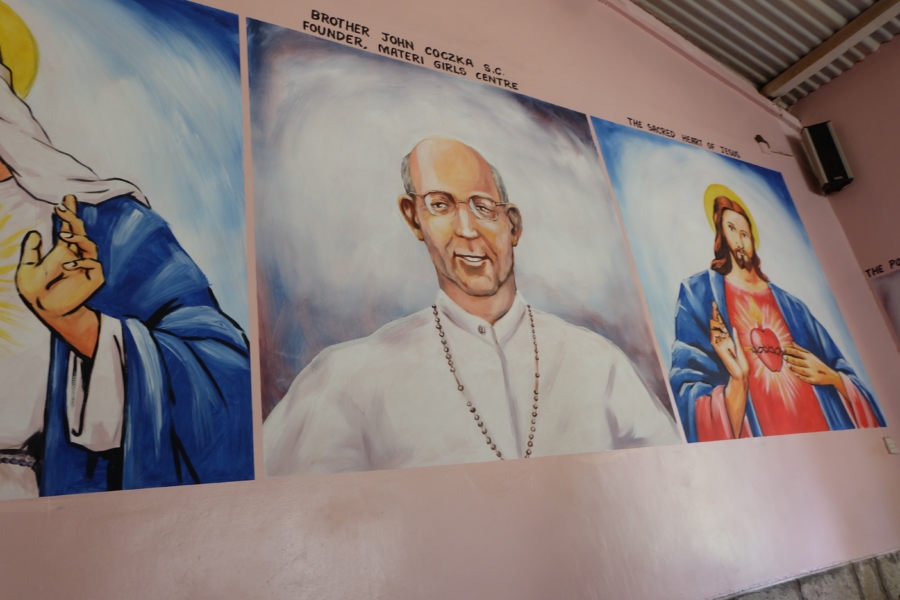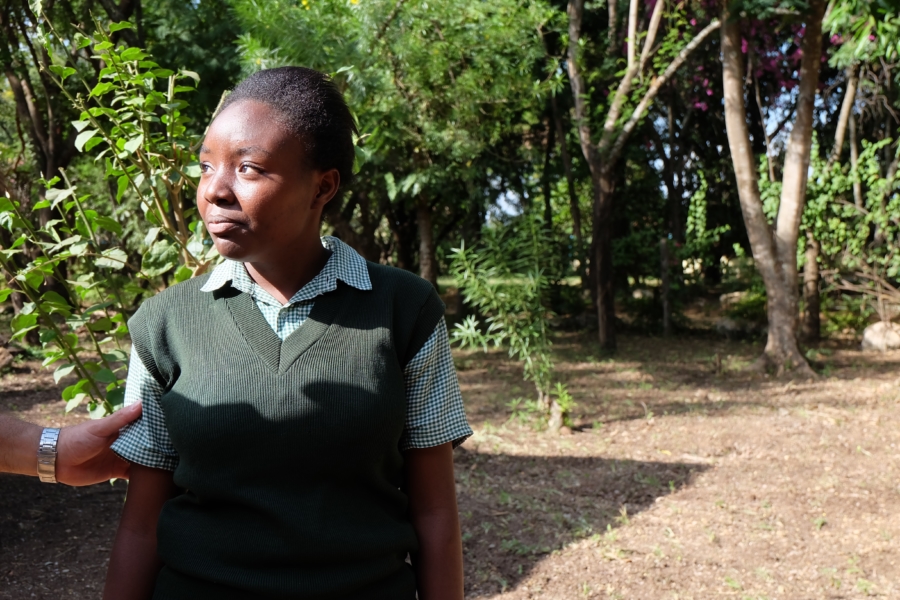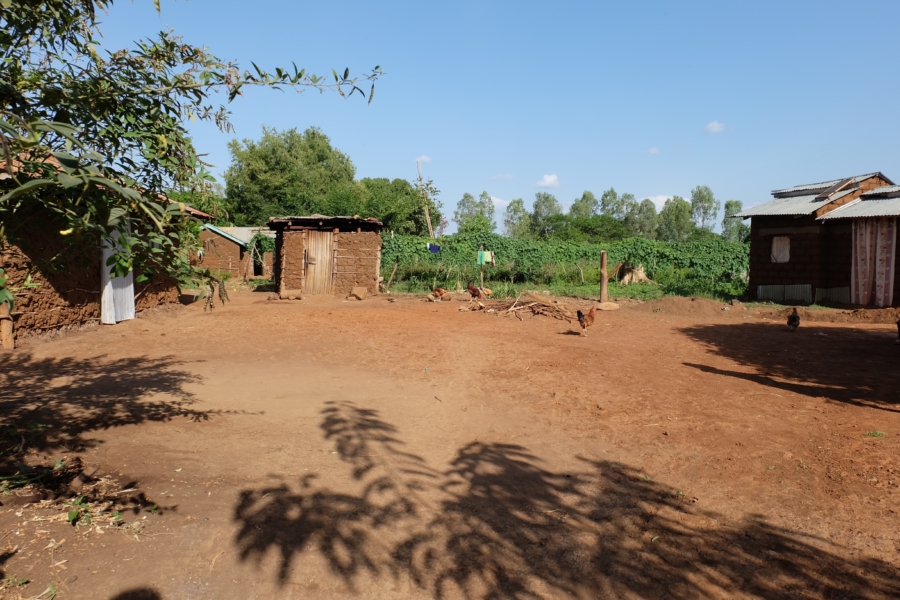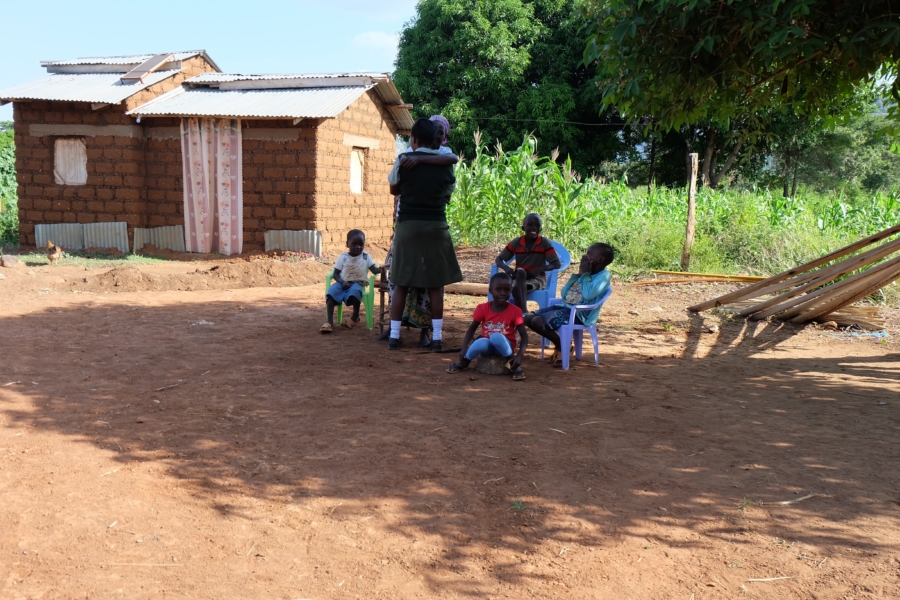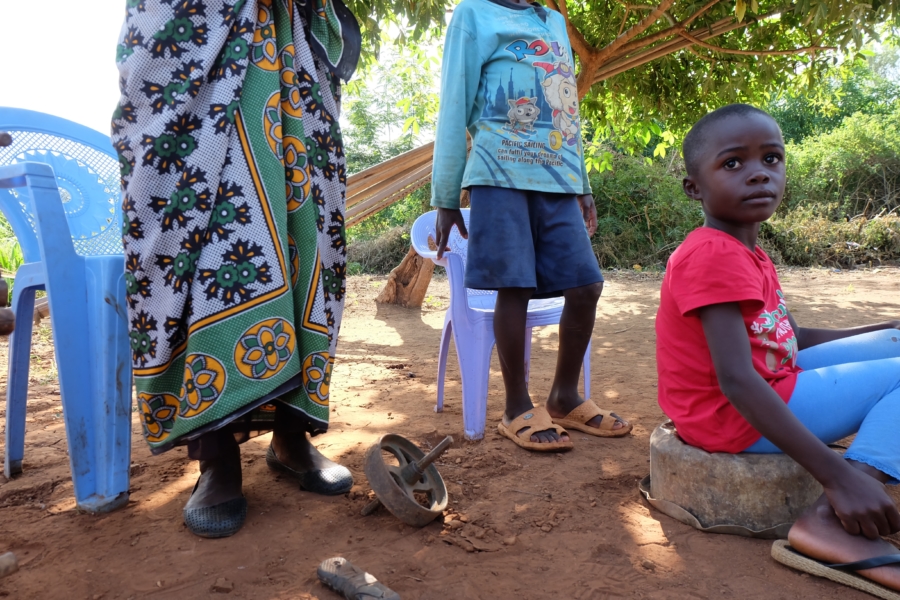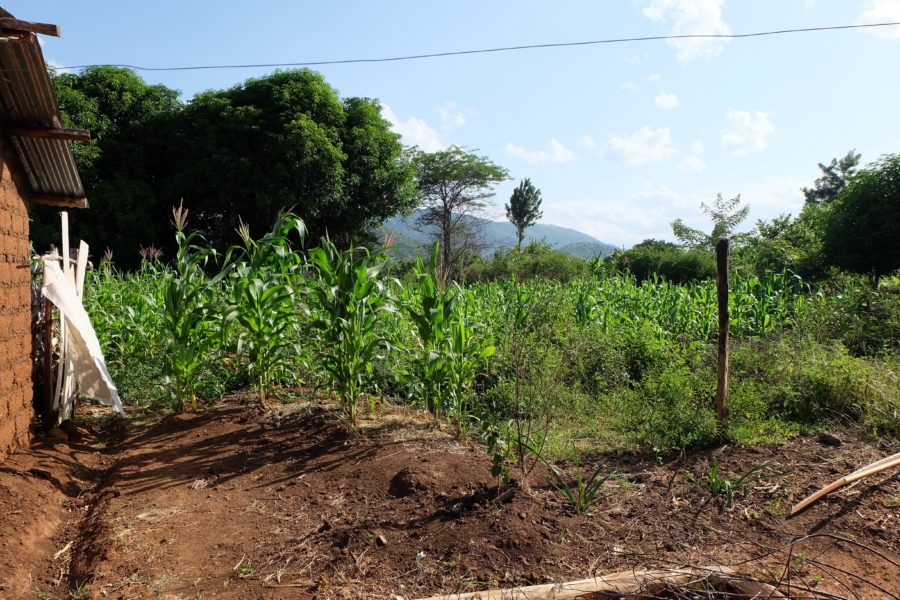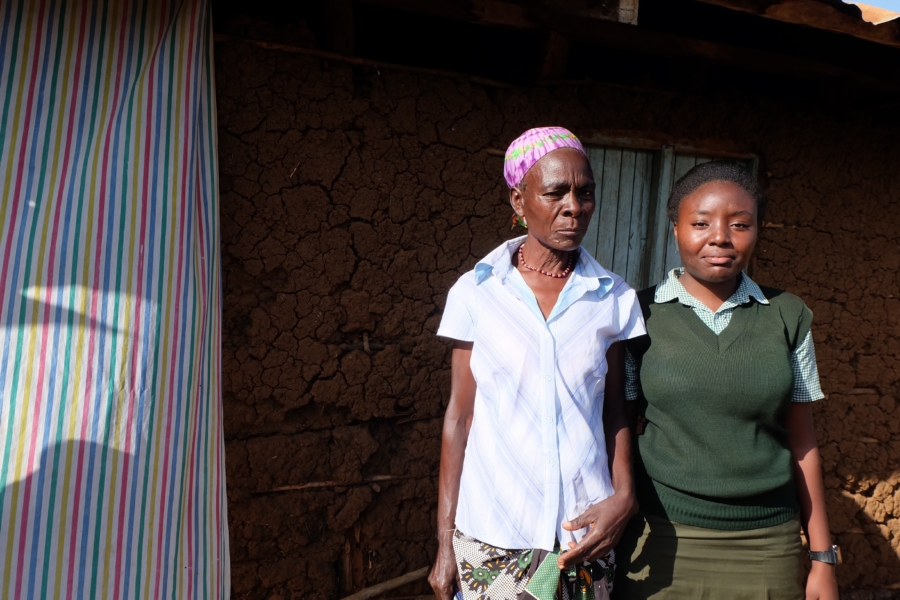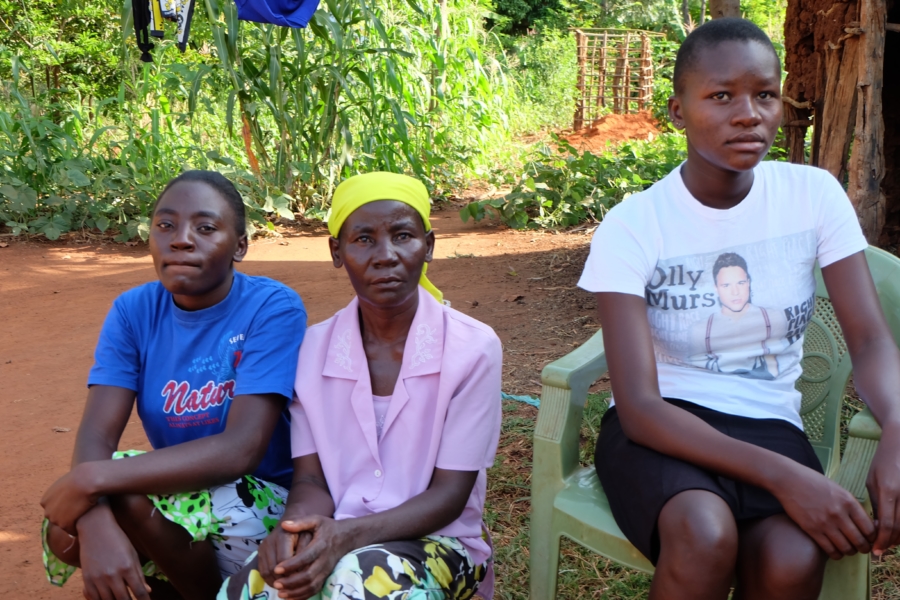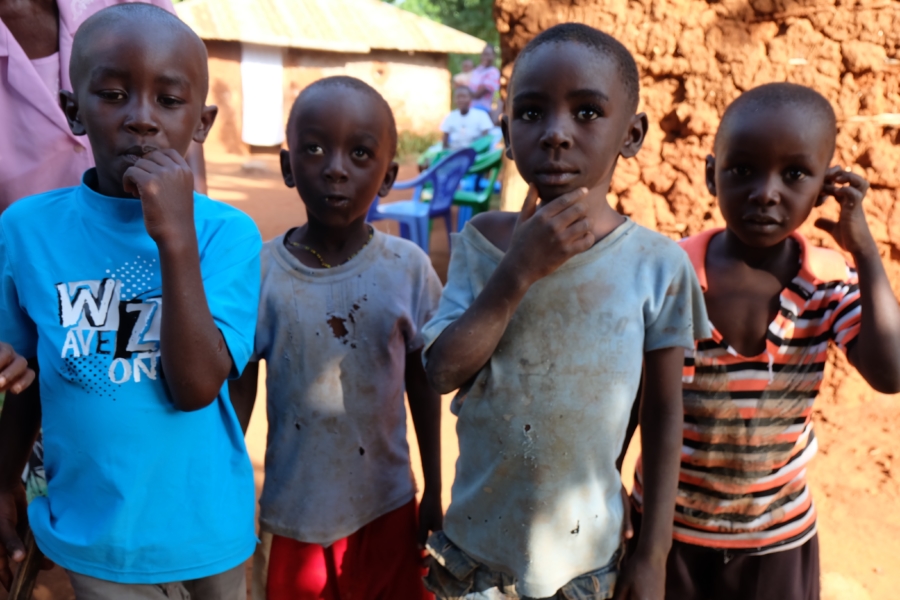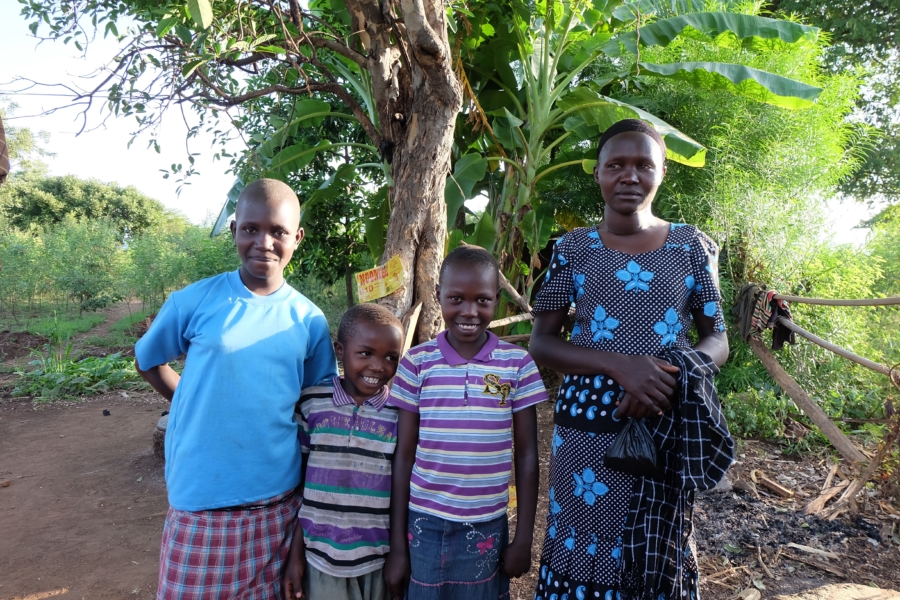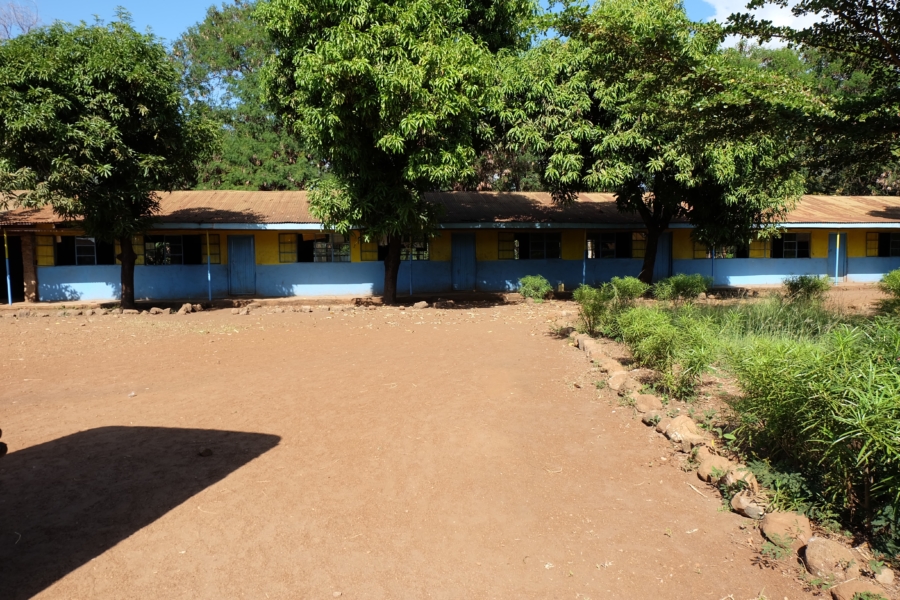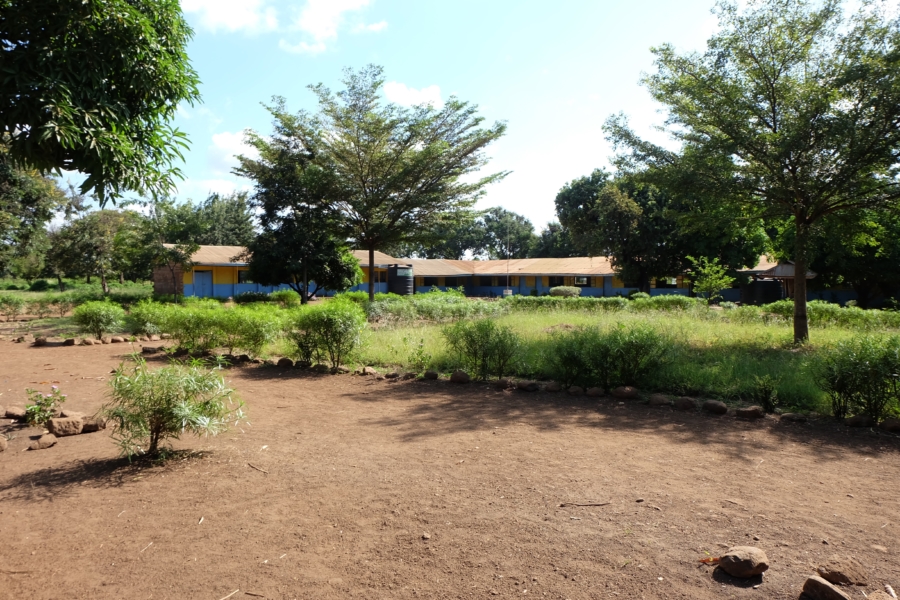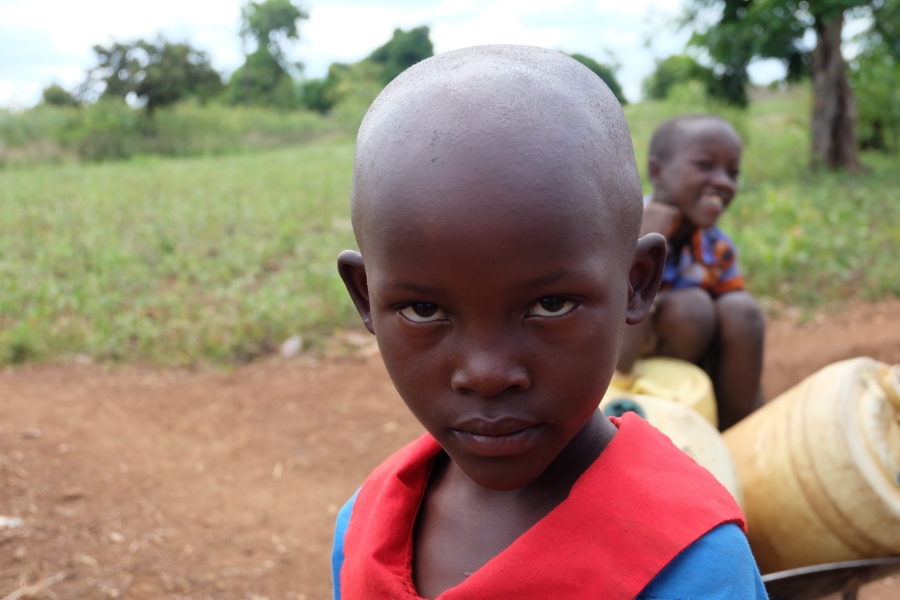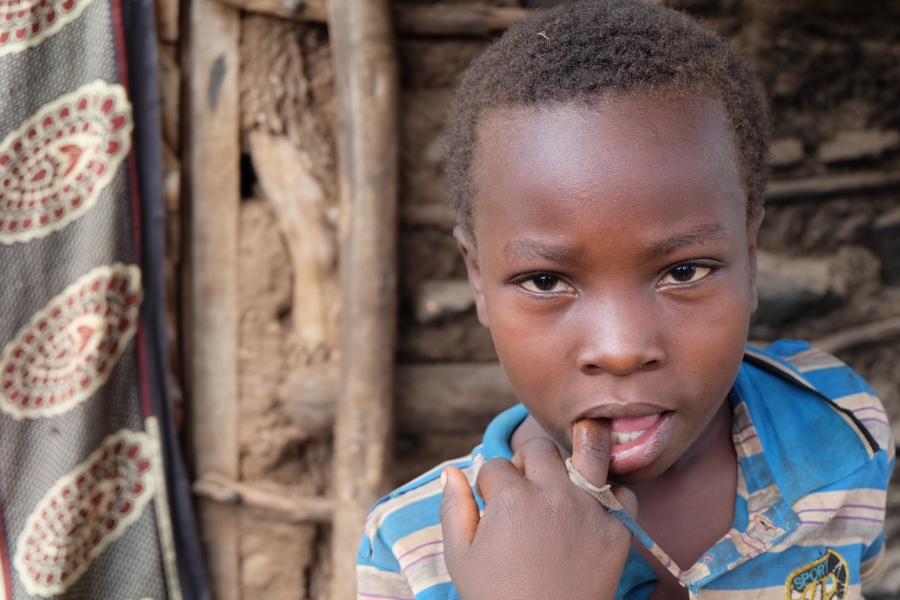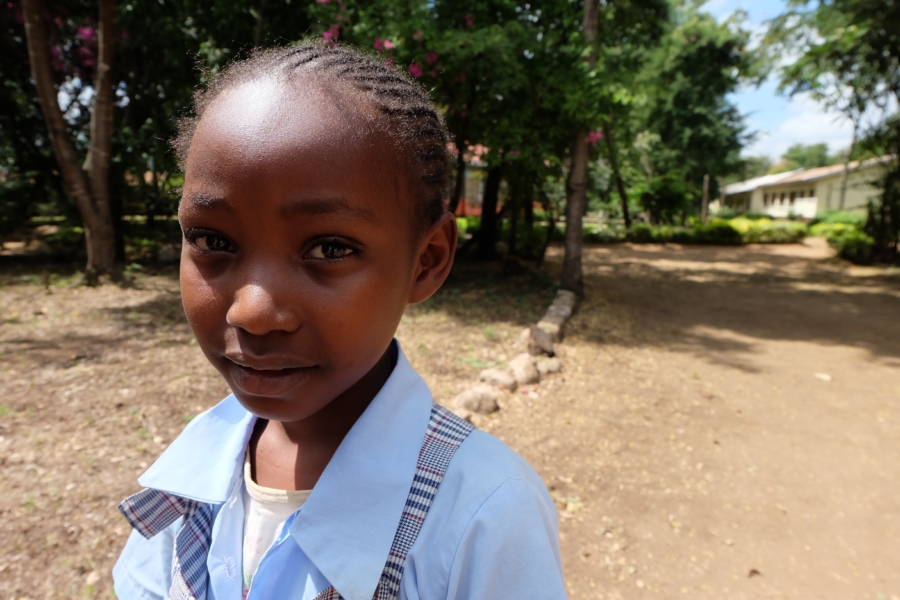In 1964, Jeanne Clarke Wood traveled to Guatemala and met 95 impoverished children, all struggling bravely through the harshest of circumstances. She founded Children Incorporated so that she could make an impact on those who need help the most — poor, often abandoned or orphaned children in countries without government services to provide even the basic necessities of life.
The organization now supports eight separate programs in Guatemala, which Children Incorporated’s Director of International Programs, Luis Bourdet, visits often. The rampant poverty in his native country is difficult to witness. While Guatemala attempts to clean up corruption within the government, many organizations have to go without funding, which means the citizens have to go without the services that the organizations provide.
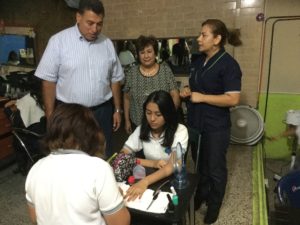
Luis watches as a student practices her cosmetology skills on another student.
This year, a massive drought will deprive 1.5 million of basic staples, further slowing the government’s efforts to turn their economy around.
Songs in the key of hope
Luis finds his hope in the schools and programs he visits, where volunteers and donations from global organizations like Children Incorporated have, over the years, transformed the lives of hundreds of children. One school in particular, Juan Apostol School in Guatemala City, brings hope, strength, and inspiration to children in a very specific way. Though its students come from the heart of the Guatemala City slums, they make up one of the country’s best and brightest school bands.
Our Volunteer Coordinator, Tita, had to convince Luis that supporting the band was in line with Children Incorporated’s mission. As she spoke, it became clearer to him that the band was a unique academic motivator for Juan Apostol’s children. To participate in the band, you have to be an A student. And this isn’t some side project — the 85-student band and its two smaller bands of 45 and 30 are the school’s pride and joy. It’s by design — the coordinators understood that the band had to be something truly special to get these kids’ attention.
One school in particular, Juan Apostol School in Guatemala City, brings hope, strength, and inspiration to children in a very specific way.
Not only do the band members learn creative expression through music, but they also learn how to function as part of a very close-knit team, both musically and practically. The students and their parents have to raise funds for every trumpet, every drum, and every trip they take. The result is a group of families that are truly invested. “Every student wants to be in the band,” says Luis. “It’s just incredible.”
“They’re taught responsibility, coordination, administration, and they have to be good academically,” he continues. “So I thought we needed to support that.”
This year, Children Incorporated delivered enough brand-new instruments to replace a large percentage of Juan Apostol’s. Luis was able to attend a student performance as they blew their new trumpets and beat their new drums. He remembers feeling the children’s excitement as it grew and grew. “This is not a school that has a lot of money, and seeing those 85 kids playing felt like 20,000, all so proud of what they’re doing and showing that.”
Hands-on training now for a better tomorrow
Along with helping with the school’s band, which travels all over the region, Children Incorporated assisted in implementing a skills training program at Juan Apostol. Participating children train for more than a year in computers, graphic design, or even cosmetology, and when they’re finished, they receive a certificate from the government. So not only are Juan Apostol graduates earning a step up because of academic training, but they’re also going out into the world with skills they can use to do meaningful work. The program’s effectiveness has grown with its popularity, and now almost every child gets to participate.
It’s innovative programs like these that help children distance themselves from the challenges they face at home. Guatemalan children are often pressured into the drug trade or have to find legitimate work to help their families. Making sure that both students and parents understand the value of learning the skills taught in band or the skills training program, and keeping the process engaging for all shows these children, and their families, a glimpse of a better life.
***
HOW DO I SPONSOR A CHILD IN GUATEMALA?
You can sponsor a child in Guatemala in one of three ways – call our office and speak with one of our sponsorship specialists at 1-800-538-5381, email us at sponsorship@children-inc.org, or go online to our donation portal, create an account, and search for a child in Guatemala that is available for sponsorship.

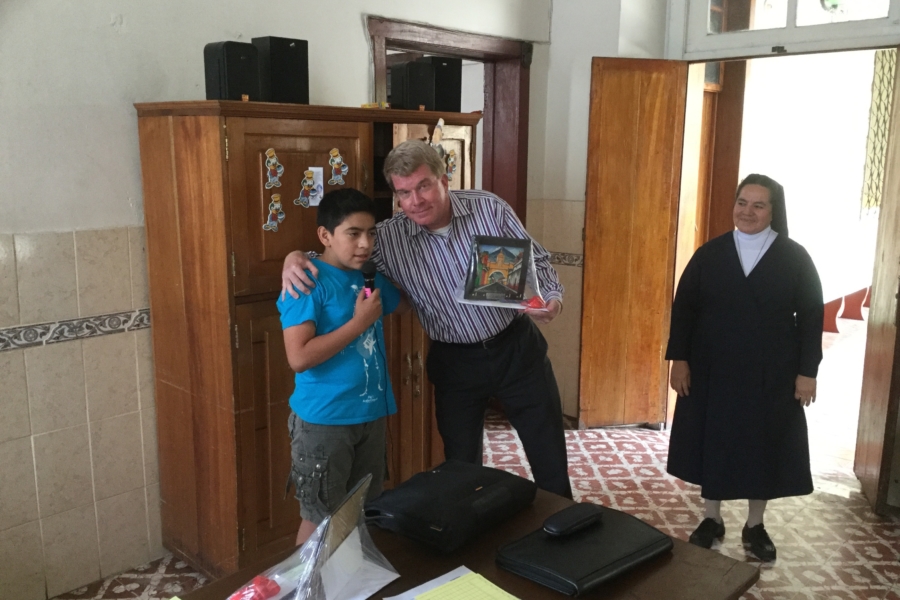
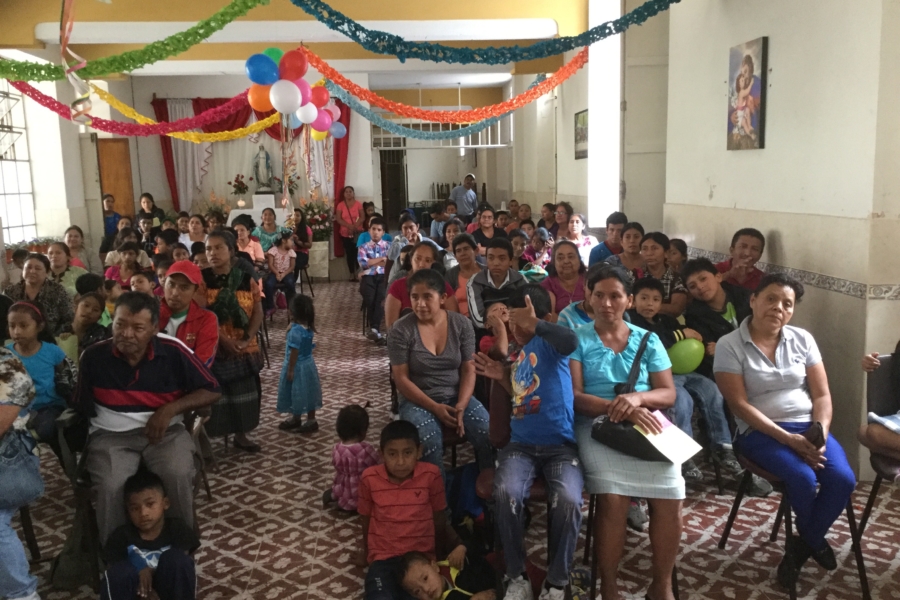
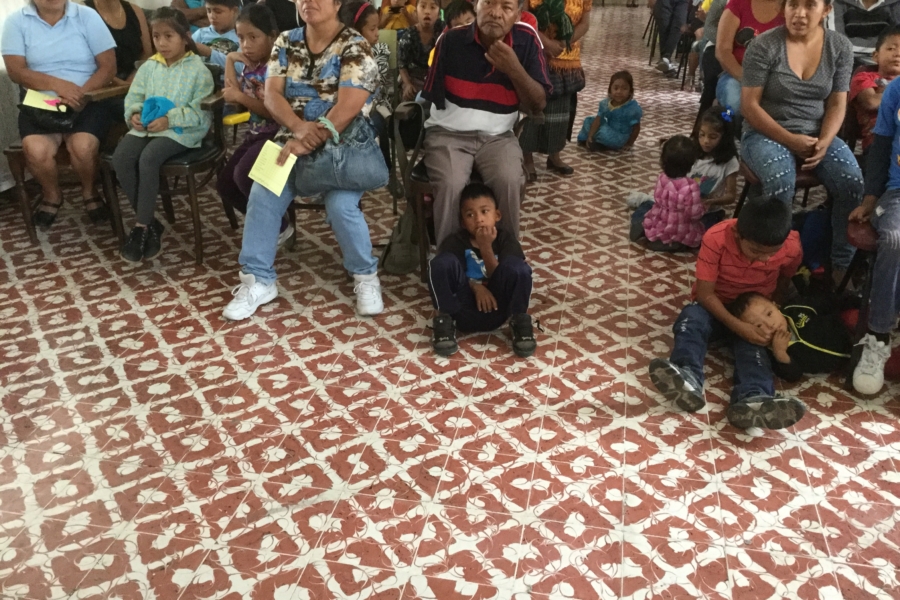
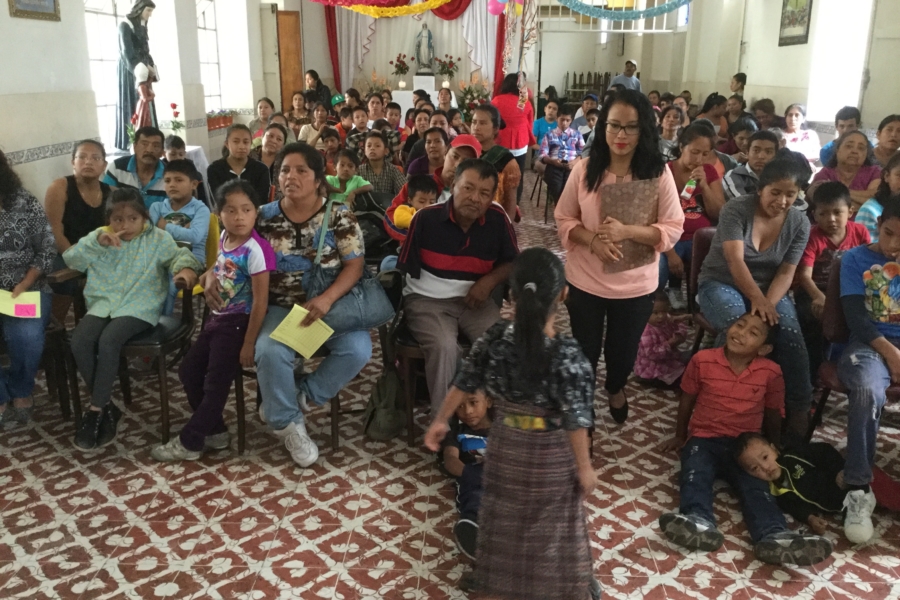
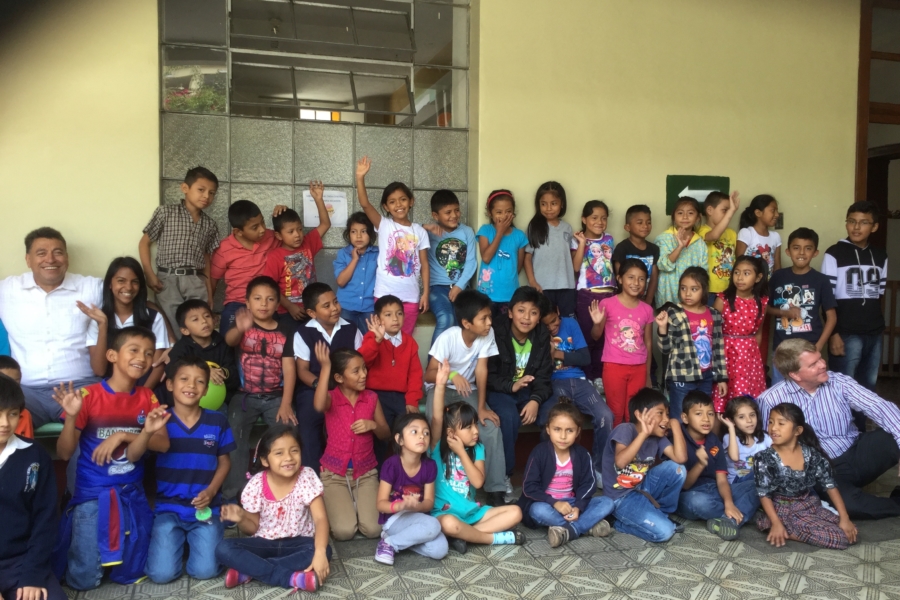
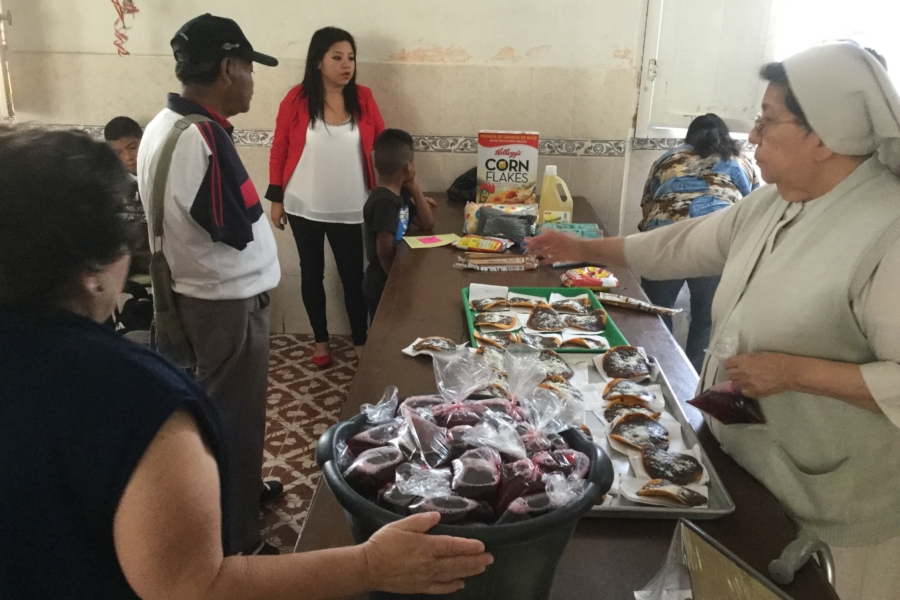
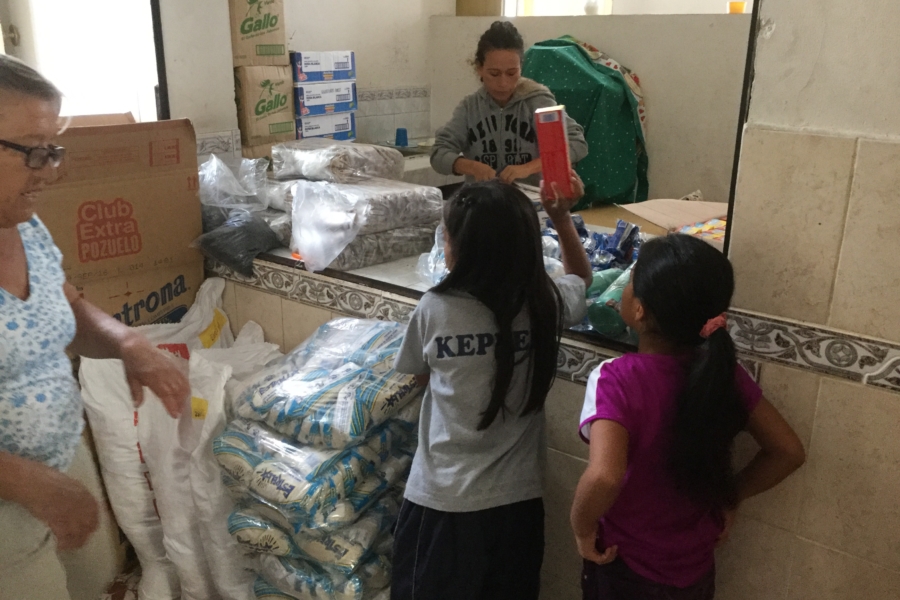
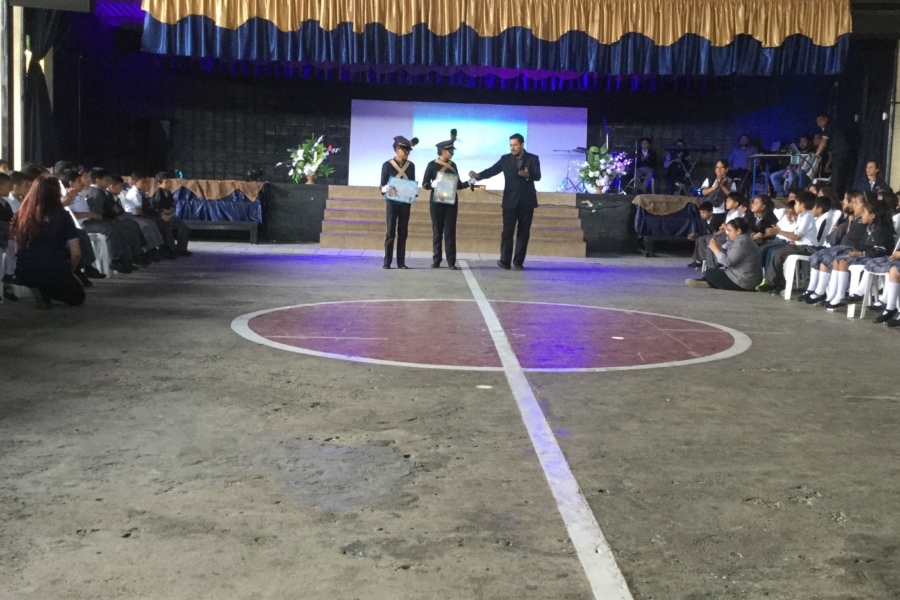
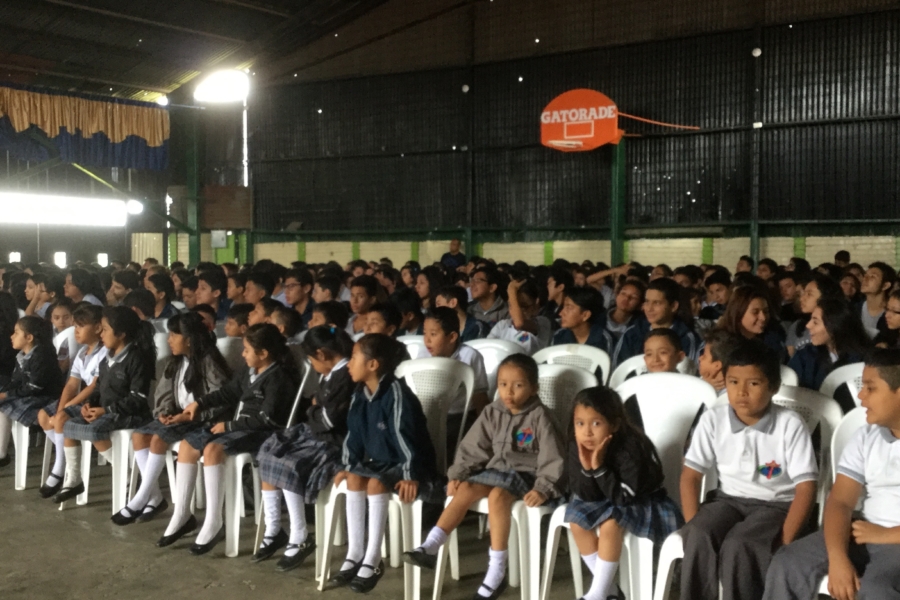
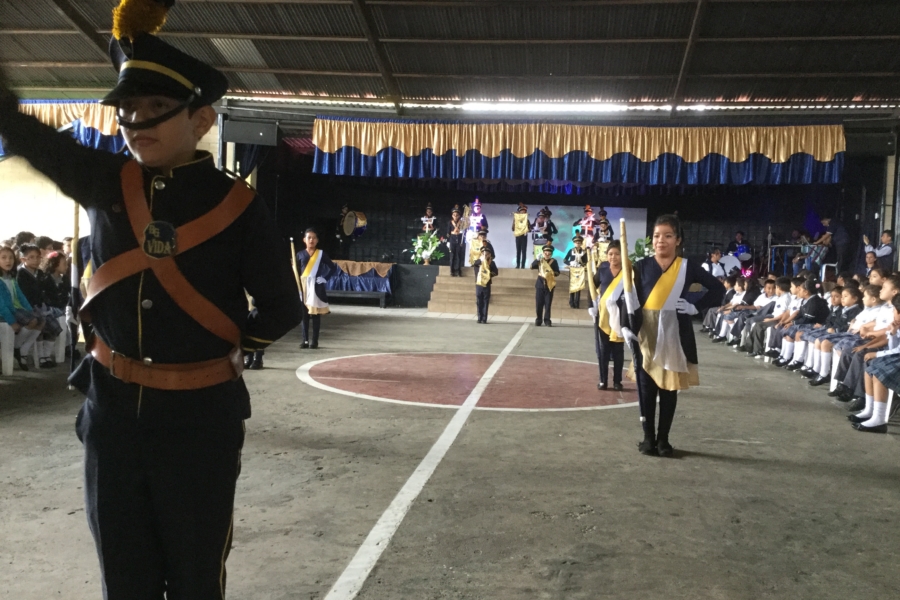
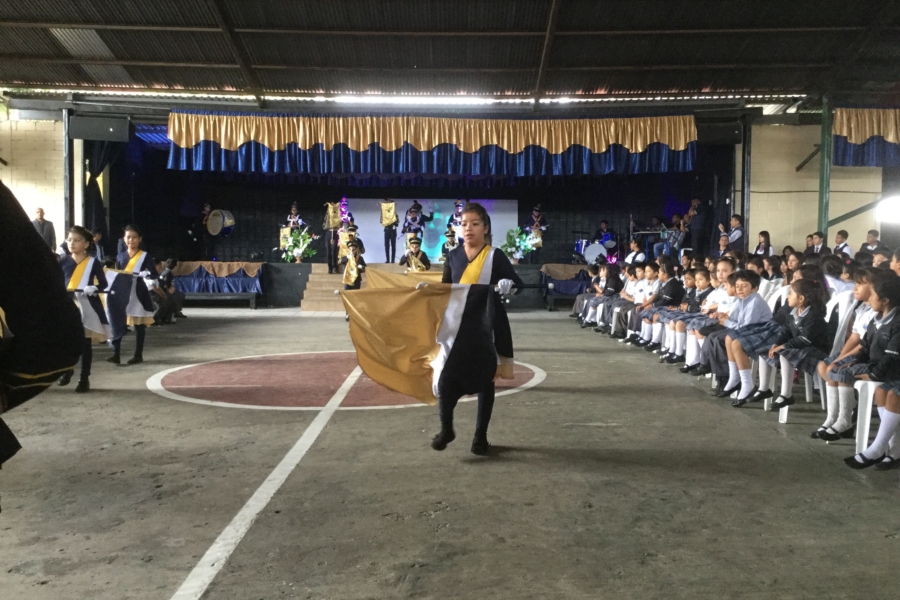

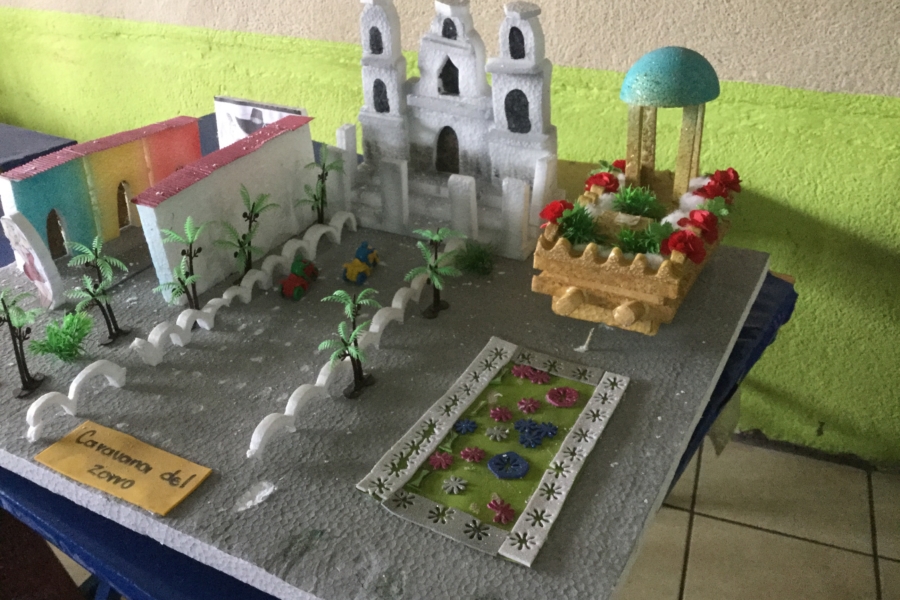
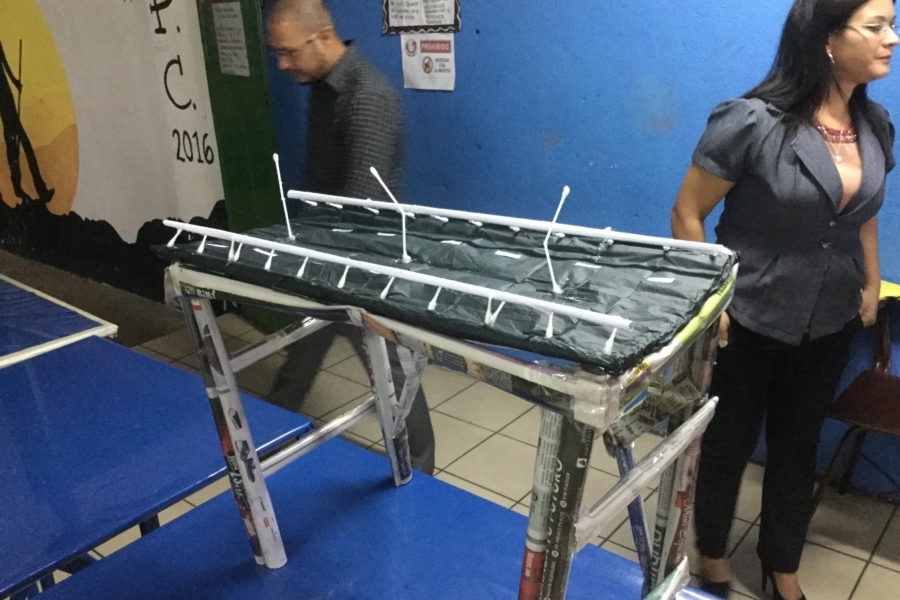
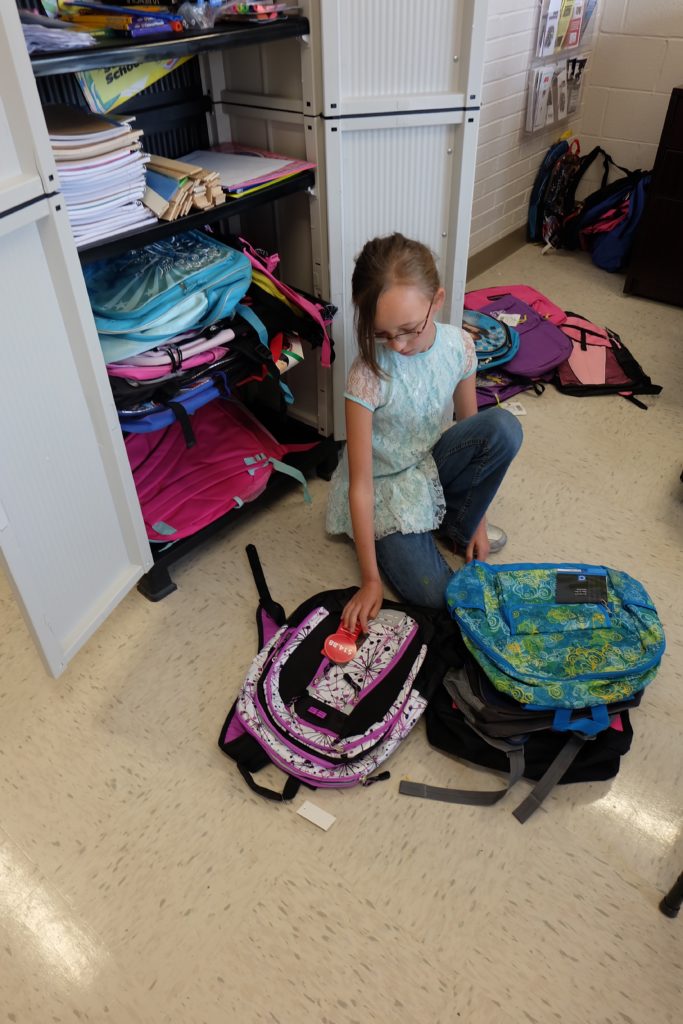
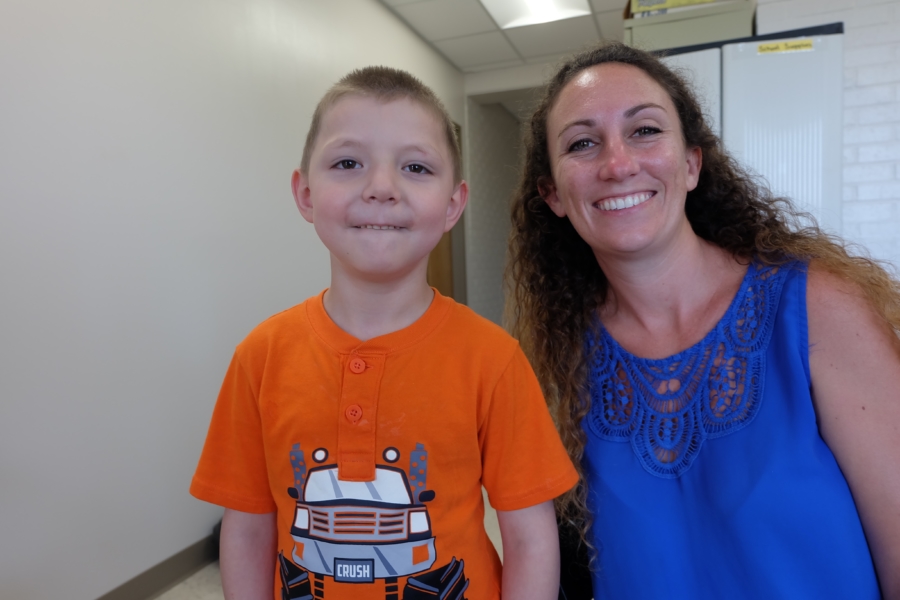
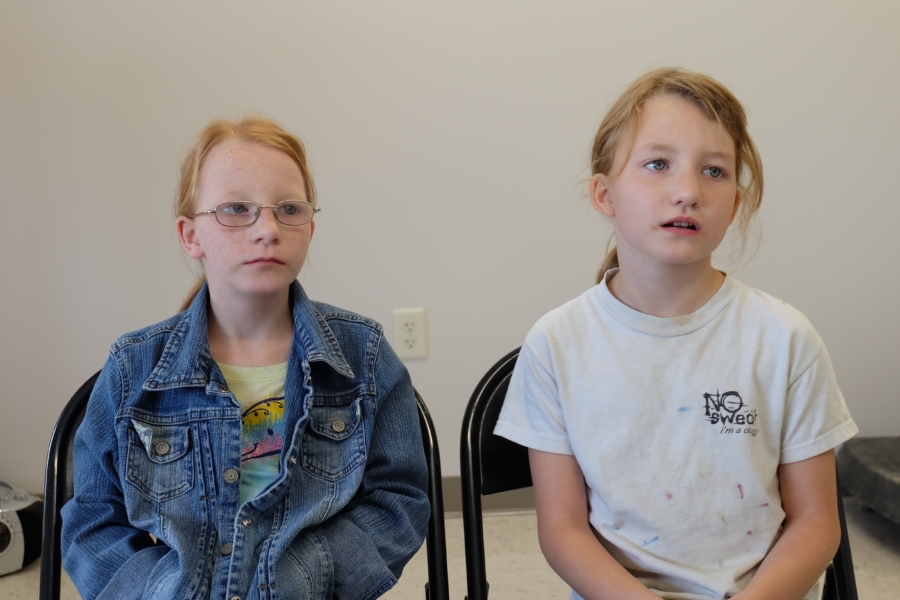
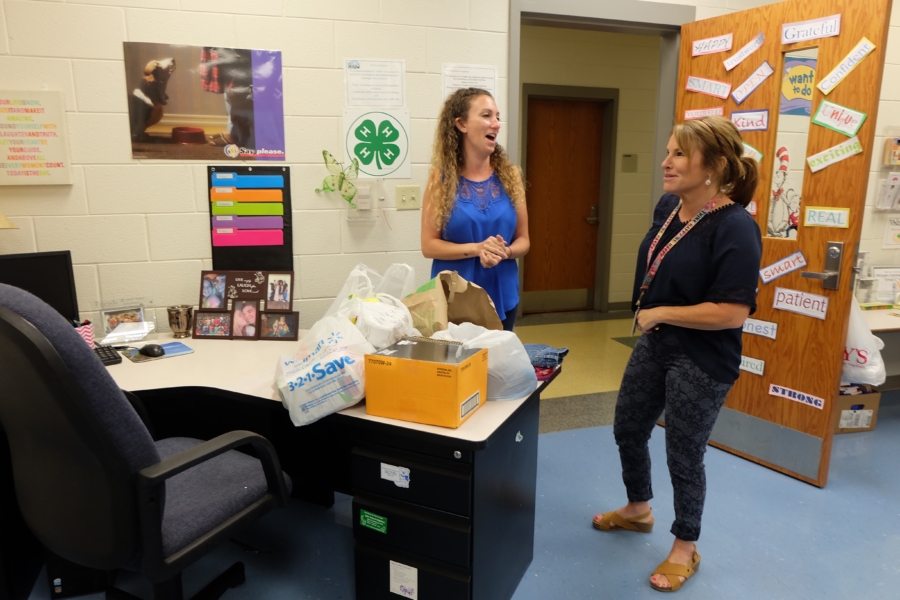
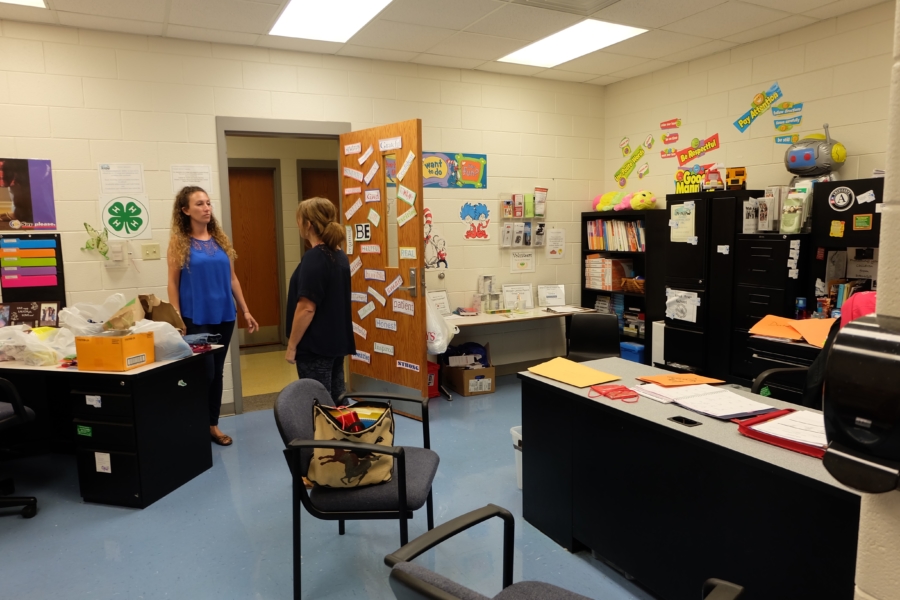
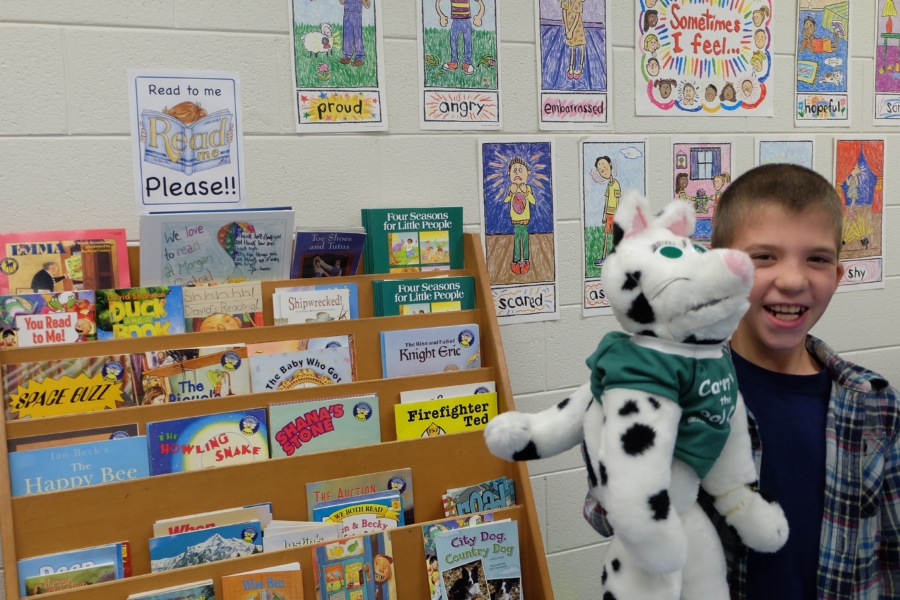
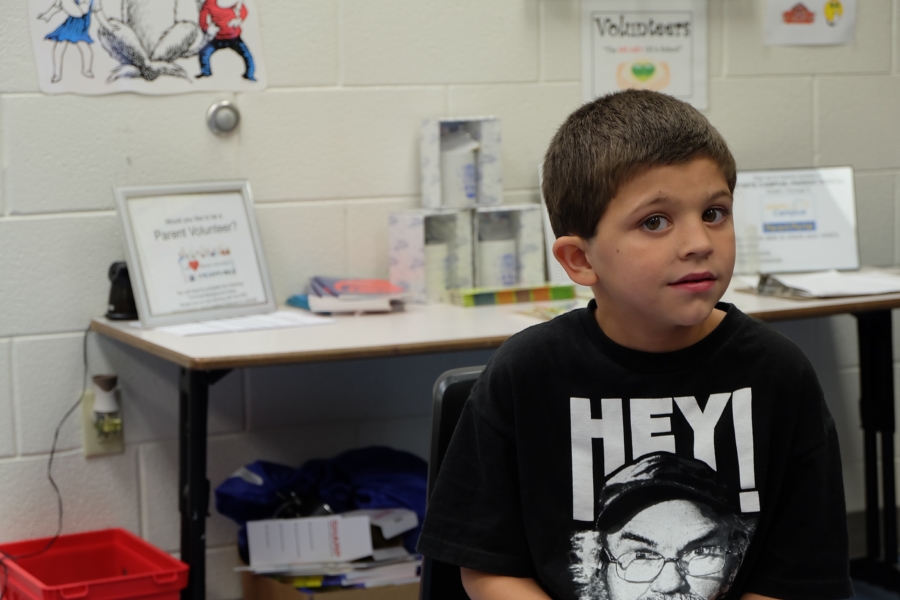
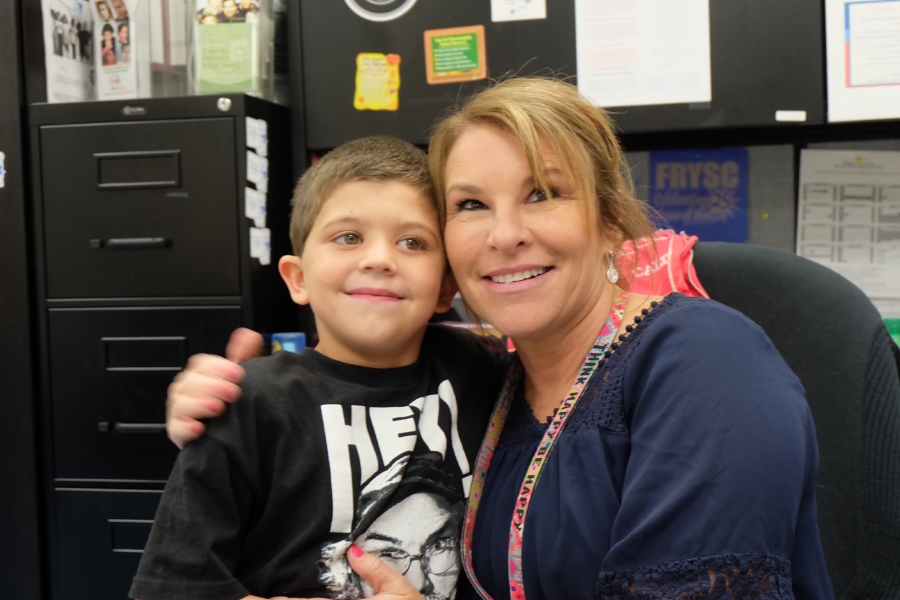



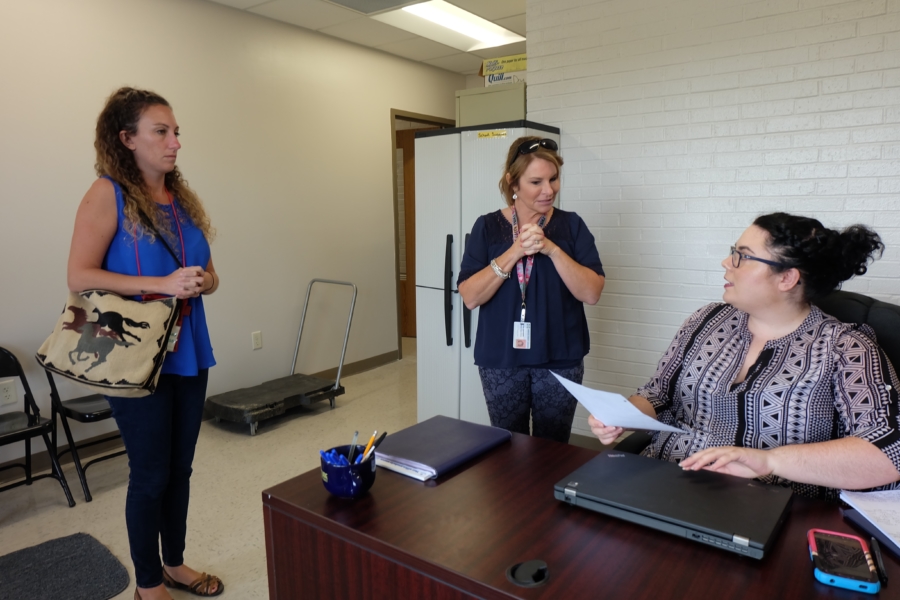
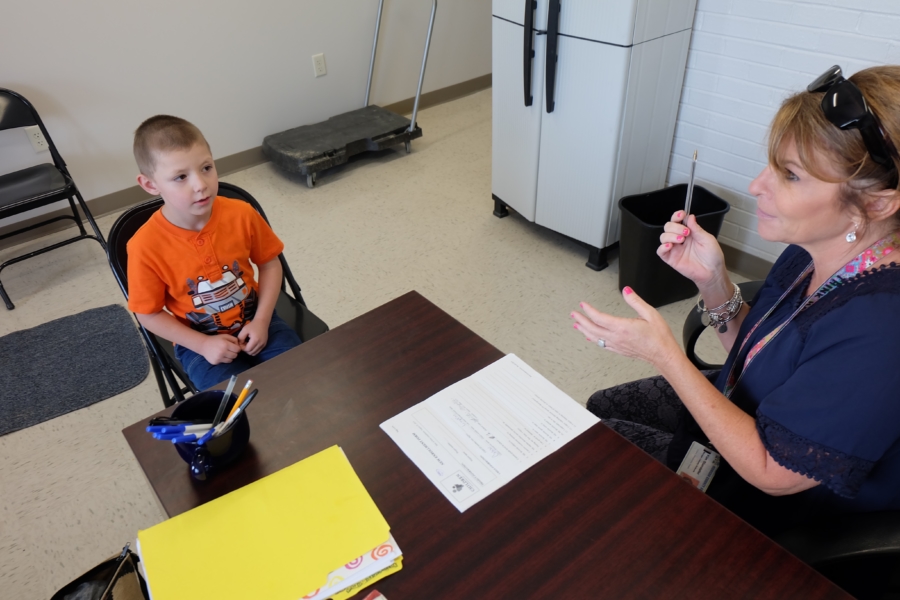
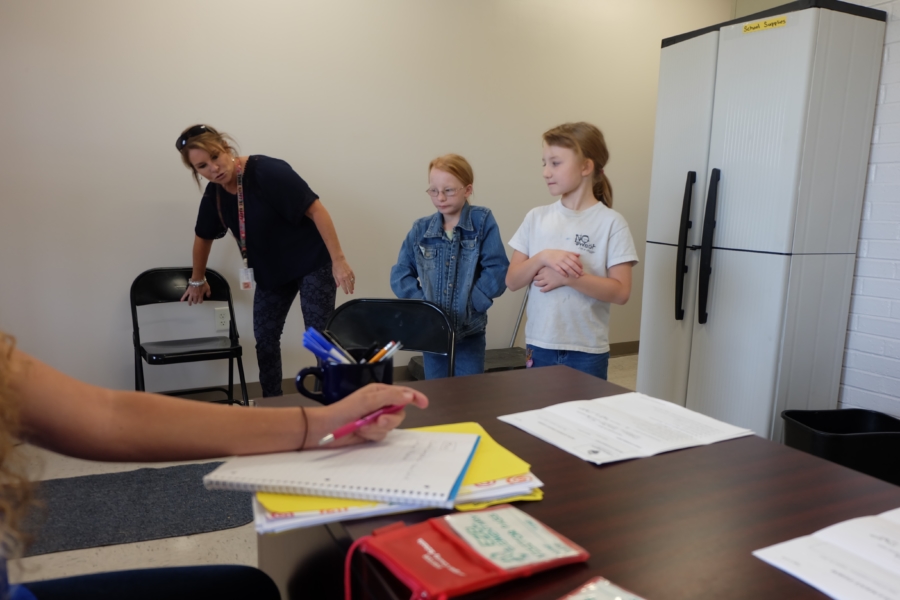
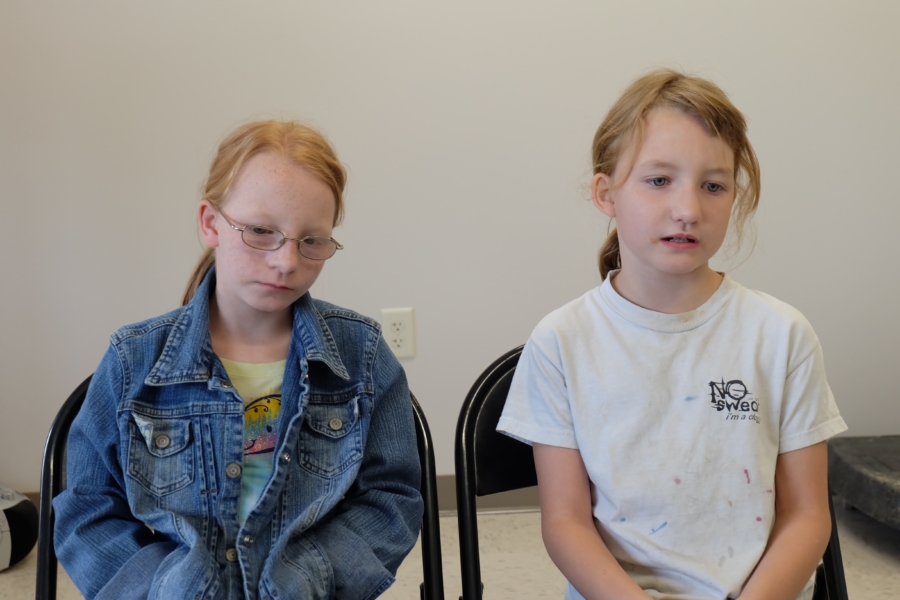

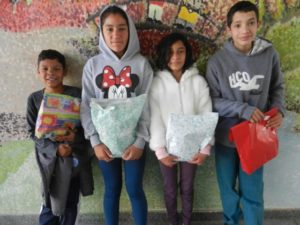 Though children are the focus, the Bleikers want Recanto Esperanca to engage parents as well, to support the entire family. The neighborhood mothers also find themselves at the center, learning new skills, like art, jewelry-making, and more. With this beautiful handmade jewelry as a testament to the impact of Recanto, Thomas and Erika Bleiker have been successful in raising funds from all over the world.
Though children are the focus, the Bleikers want Recanto Esperanca to engage parents as well, to support the entire family. The neighborhood mothers also find themselves at the center, learning new skills, like art, jewelry-making, and more. With this beautiful handmade jewelry as a testament to the impact of Recanto, Thomas and Erika Bleiker have been successful in raising funds from all over the world.